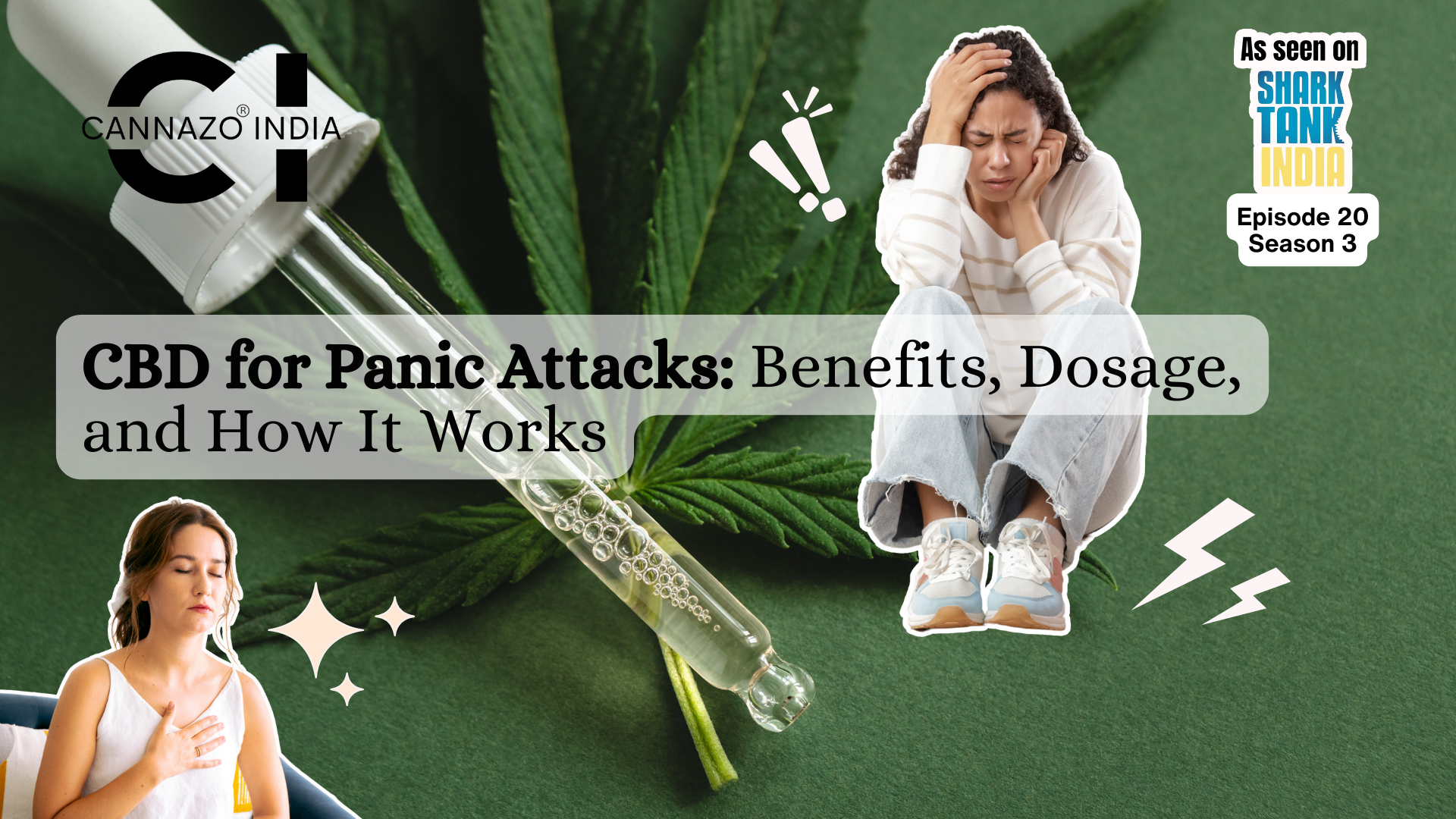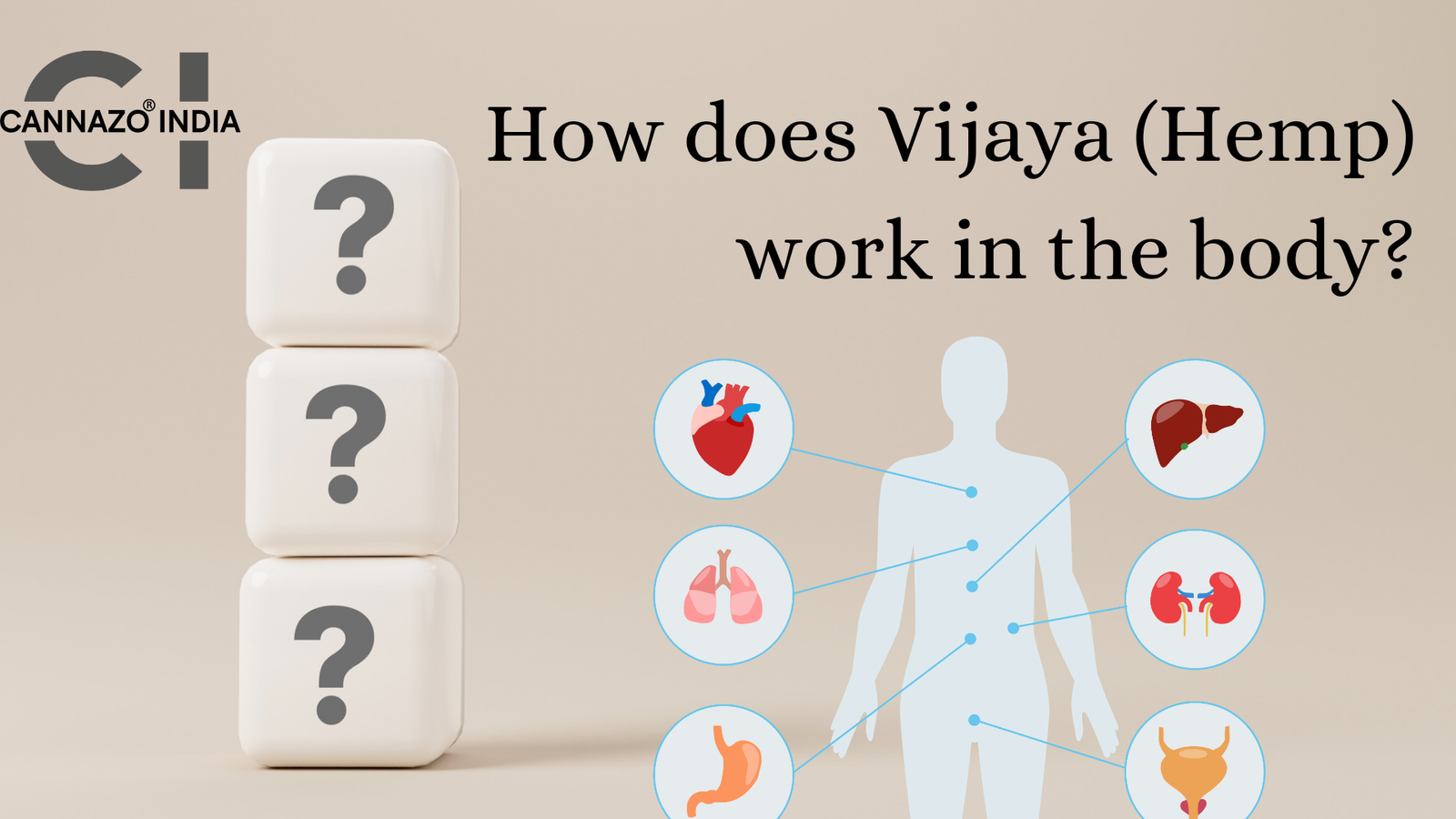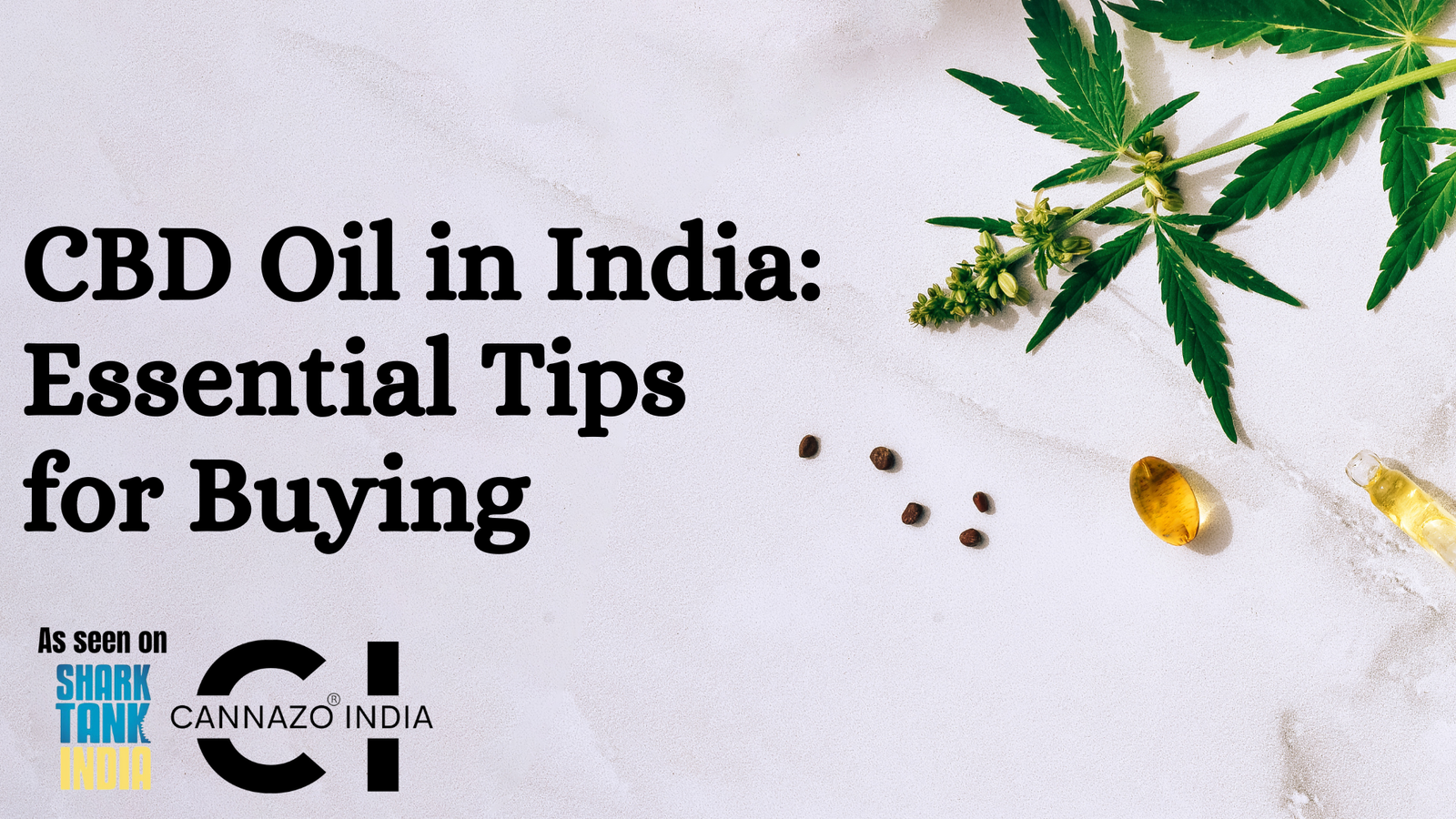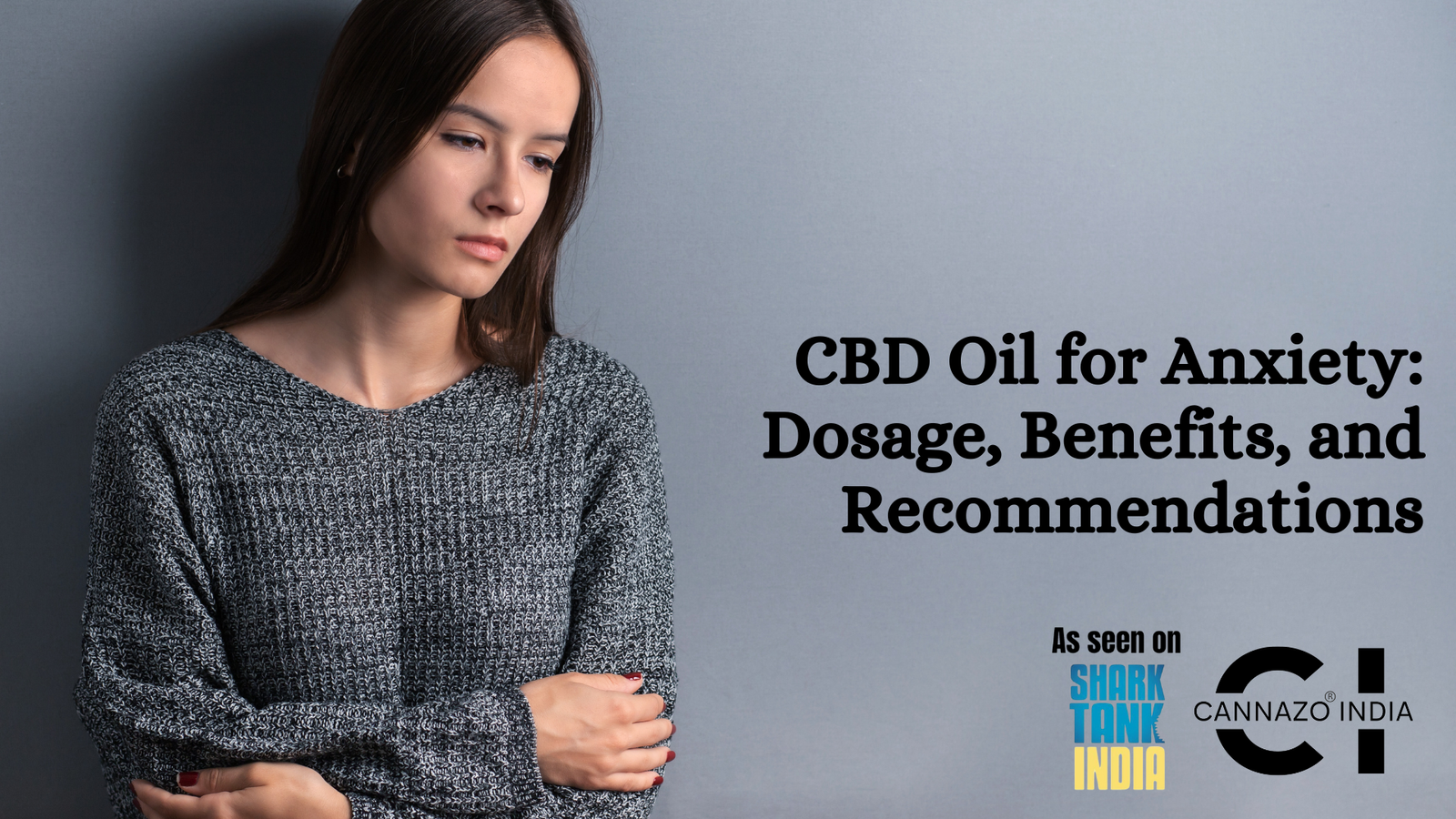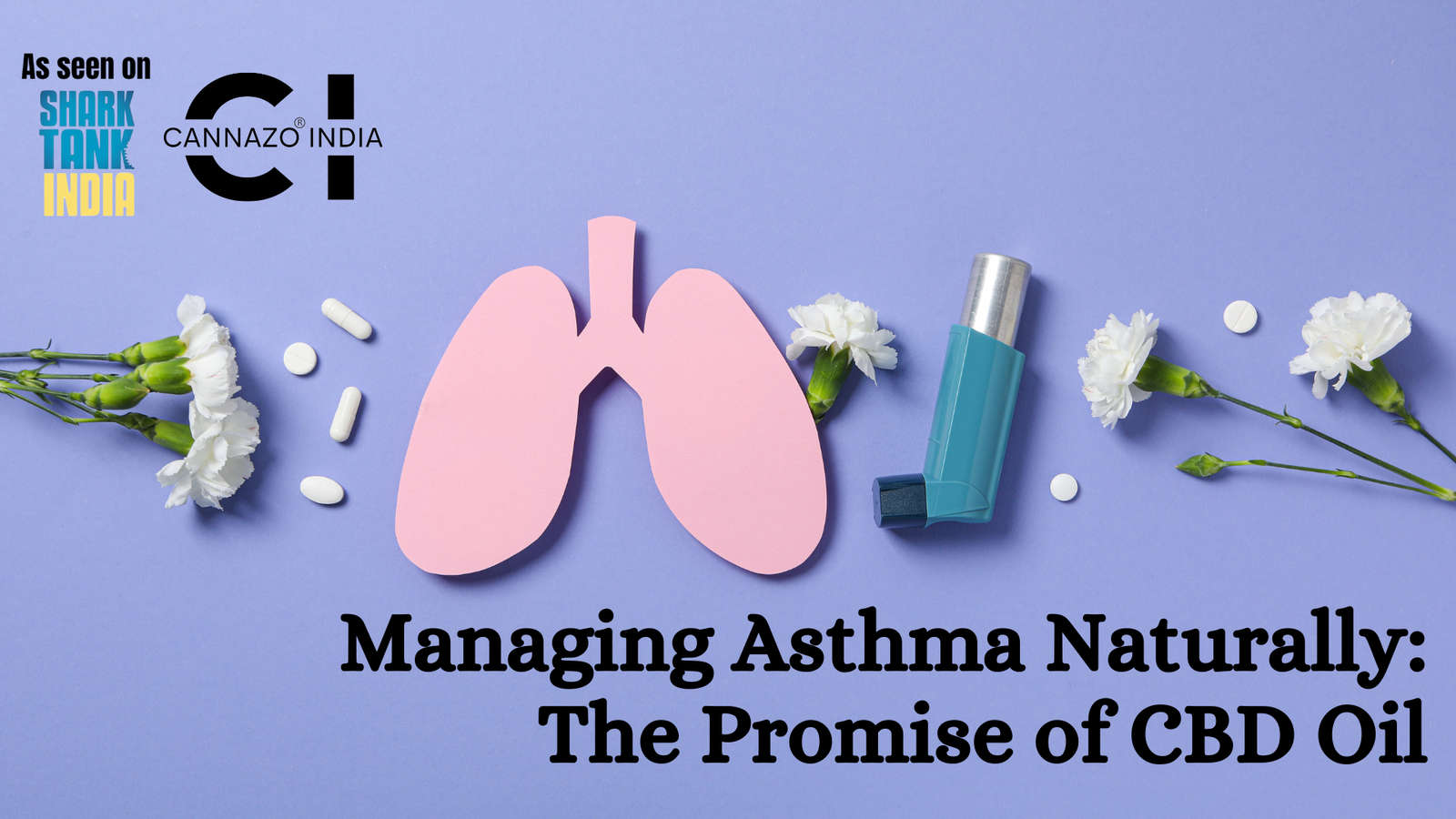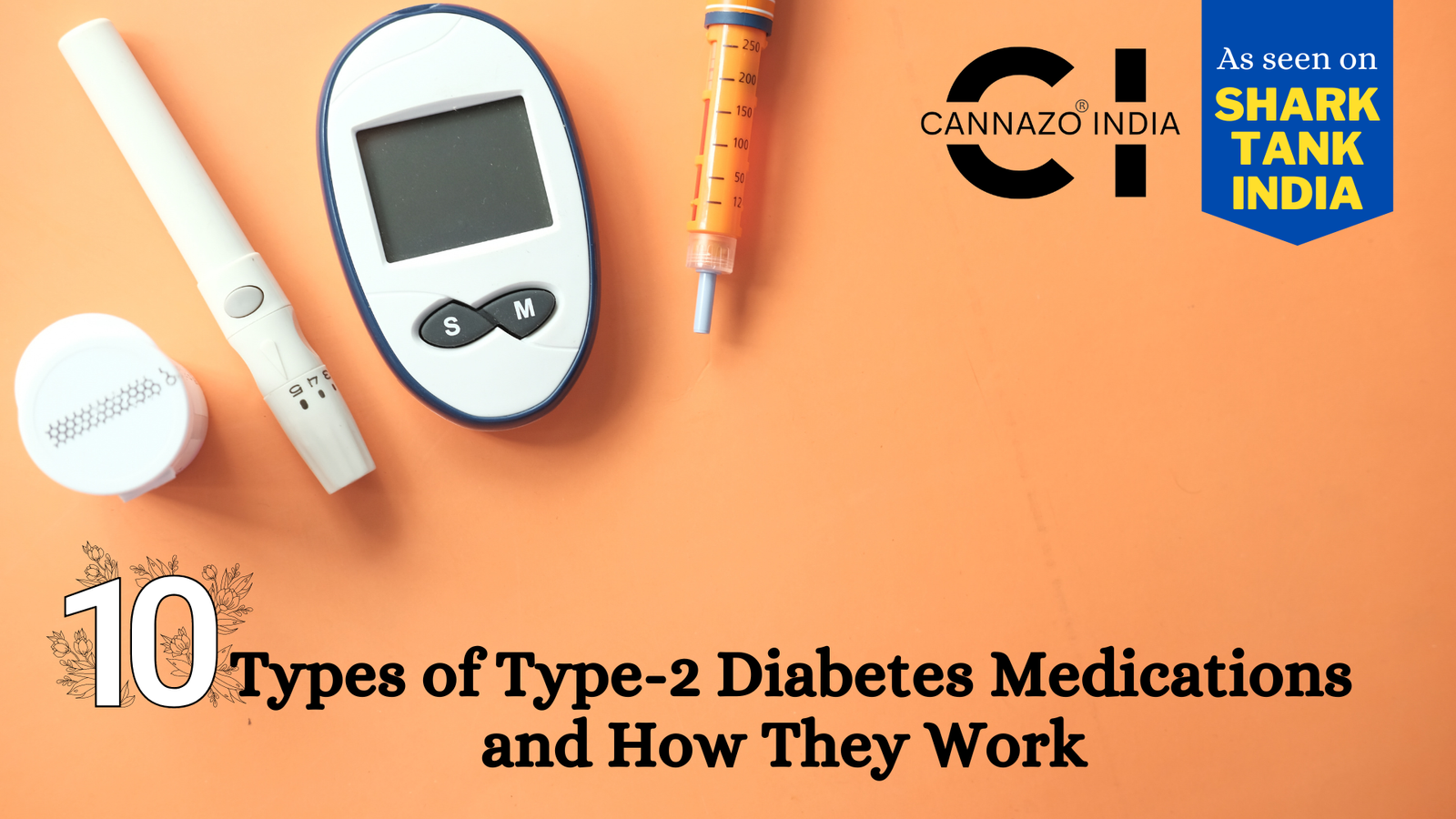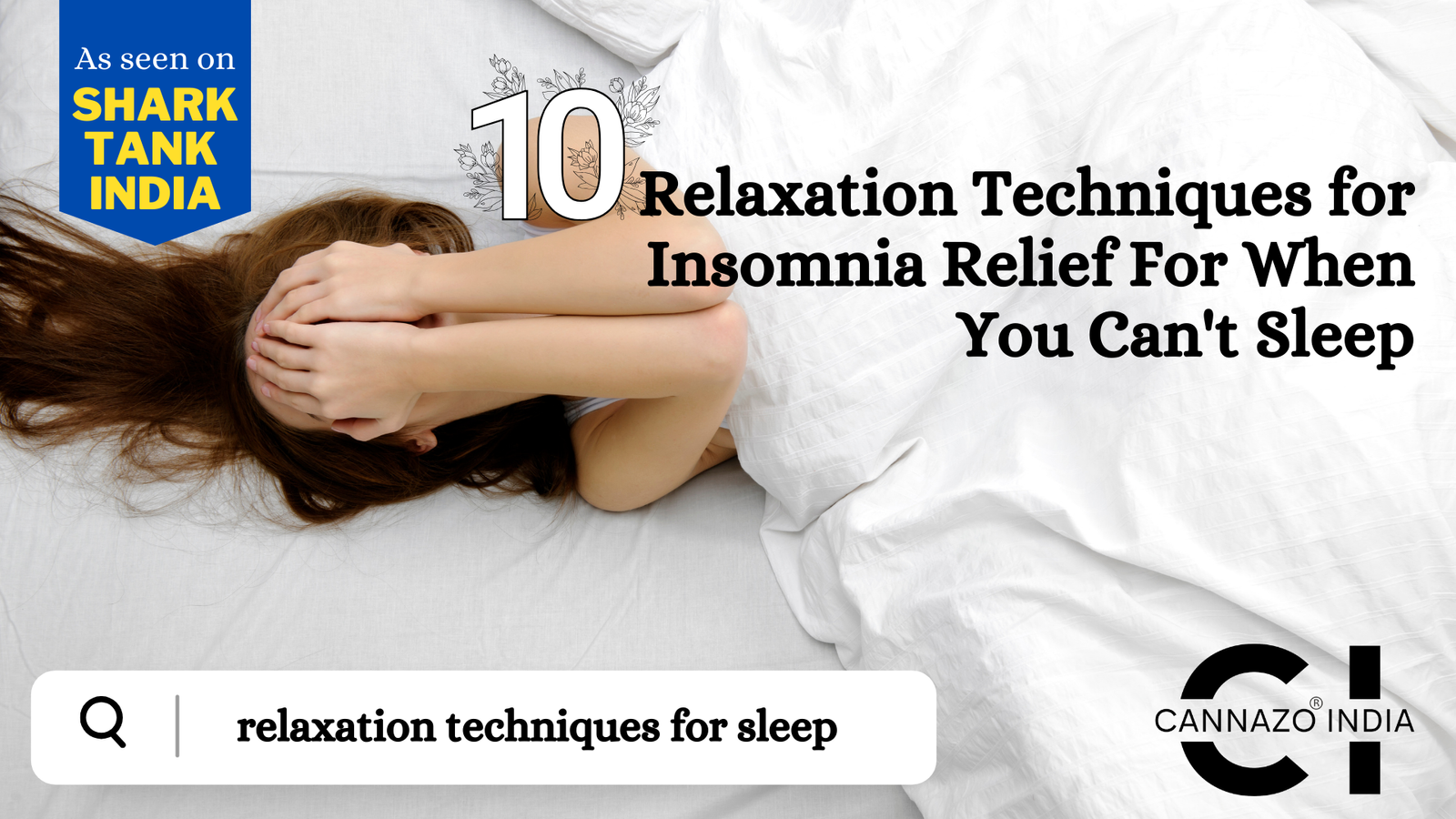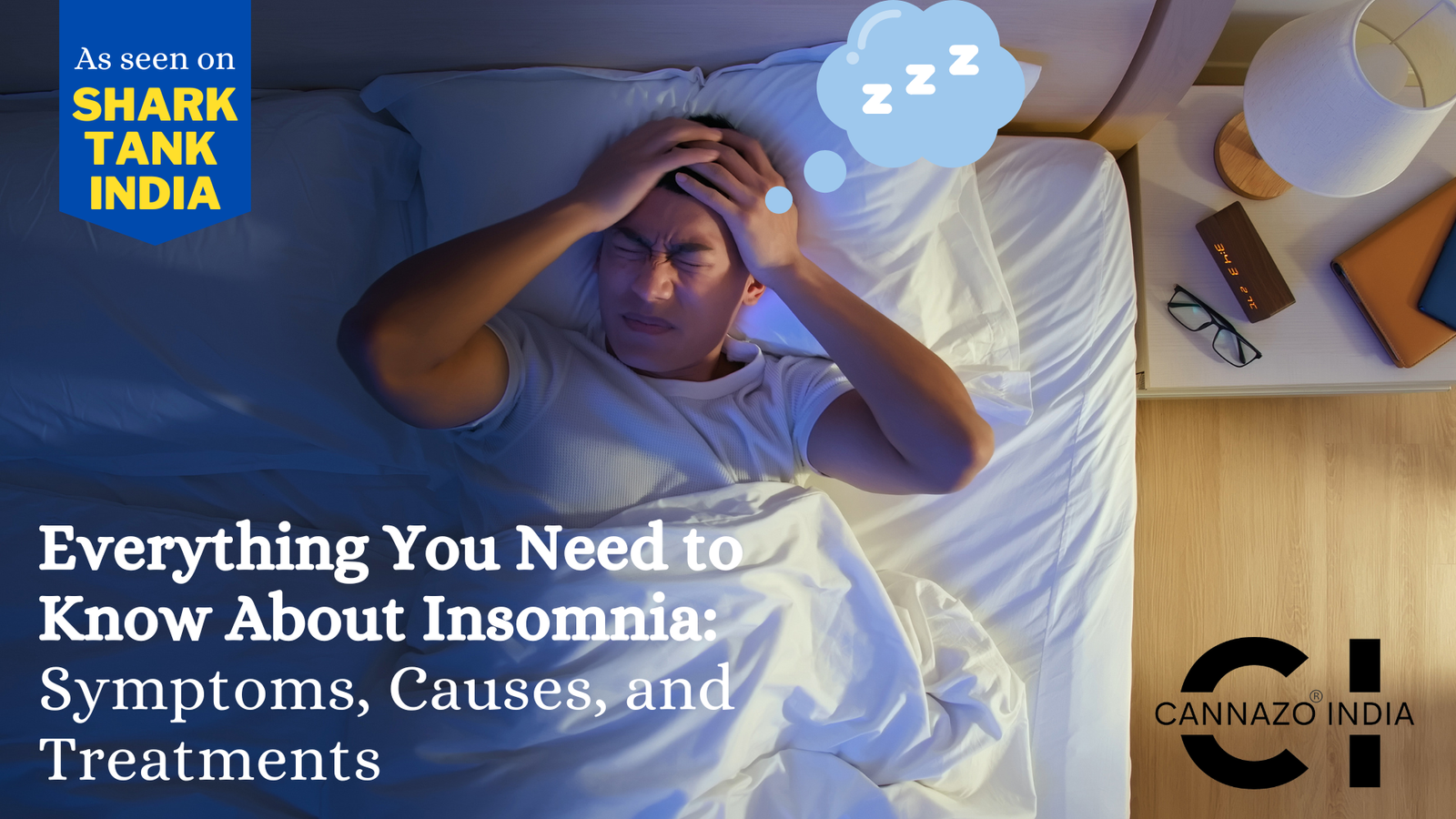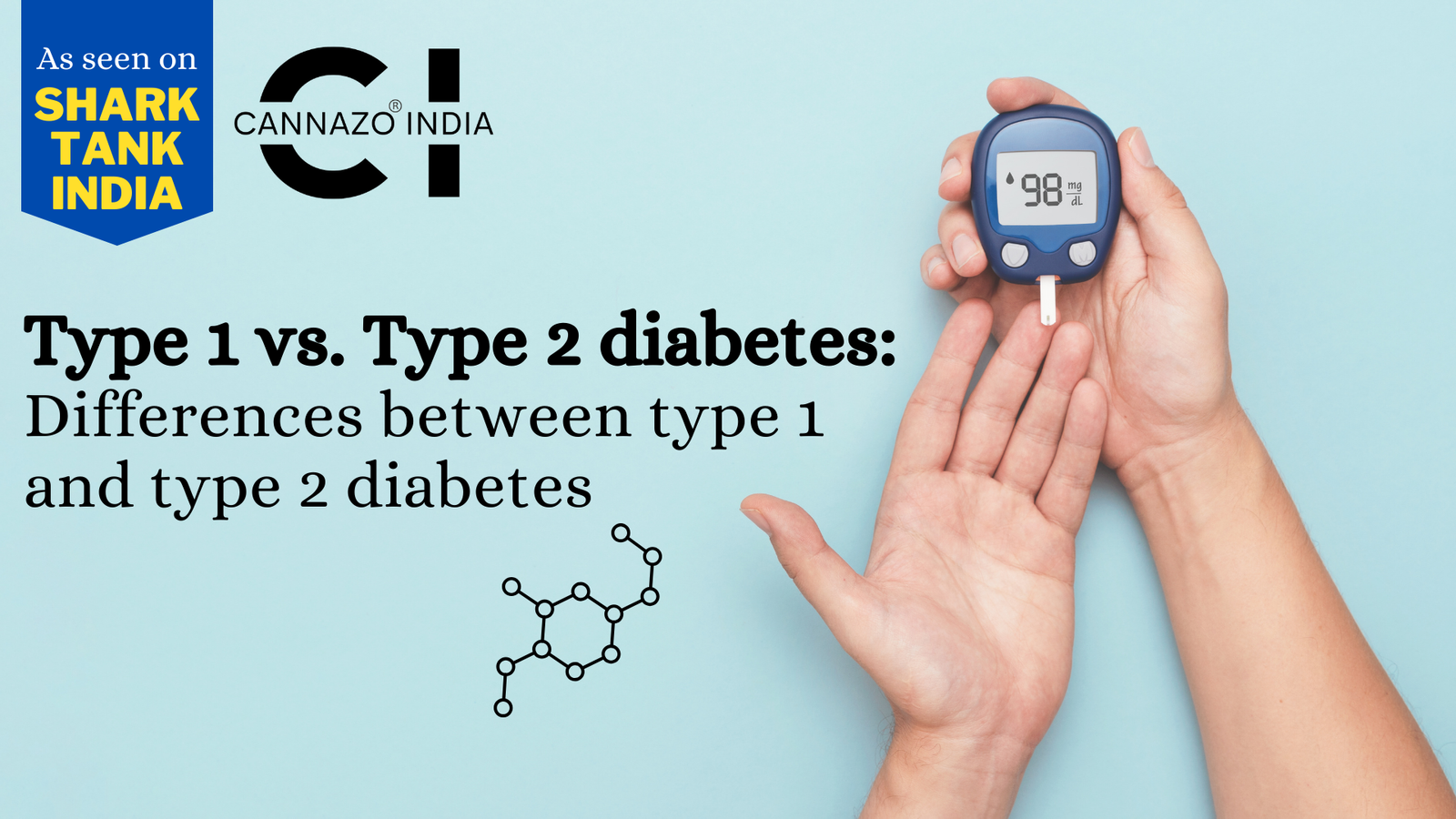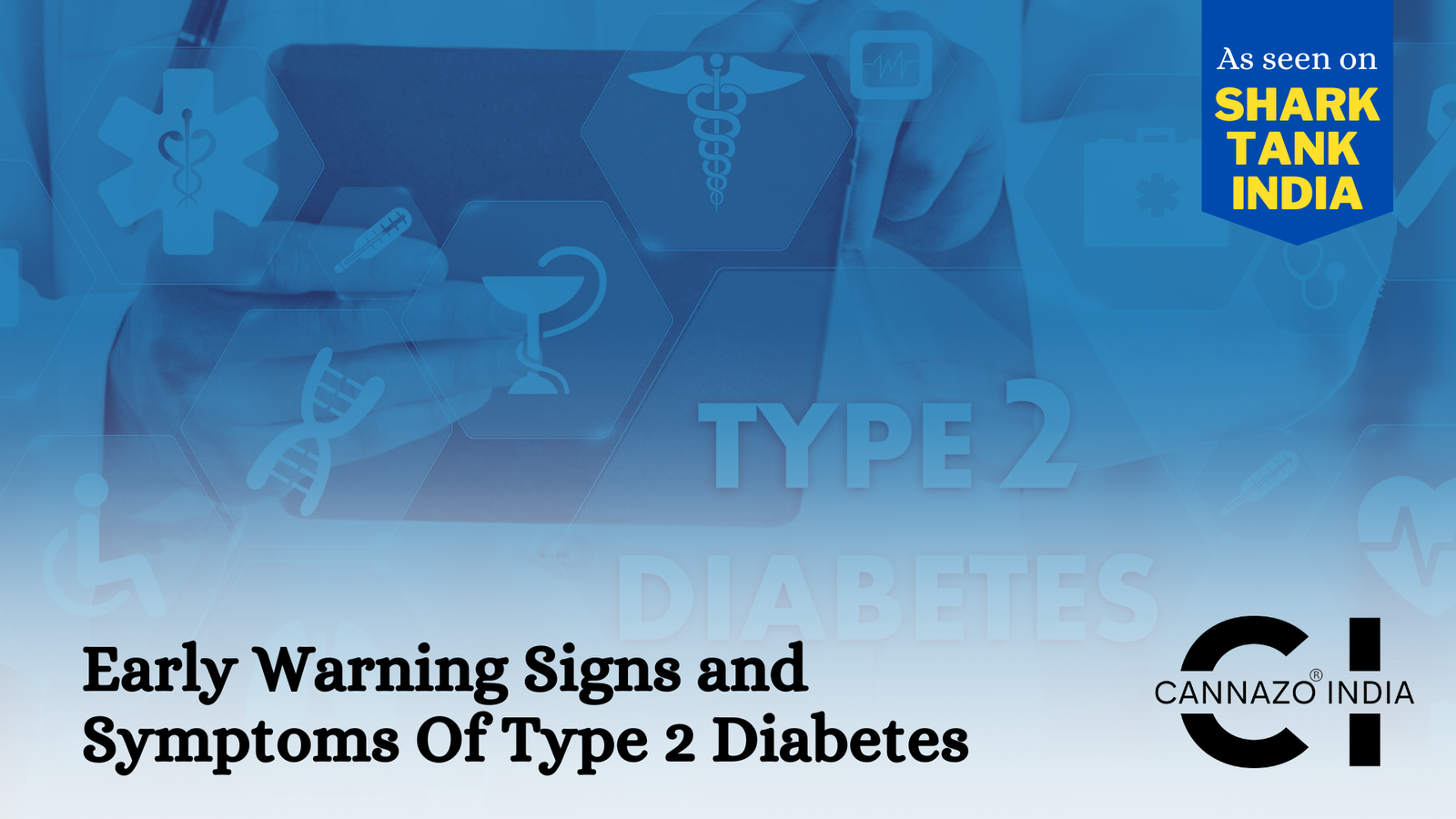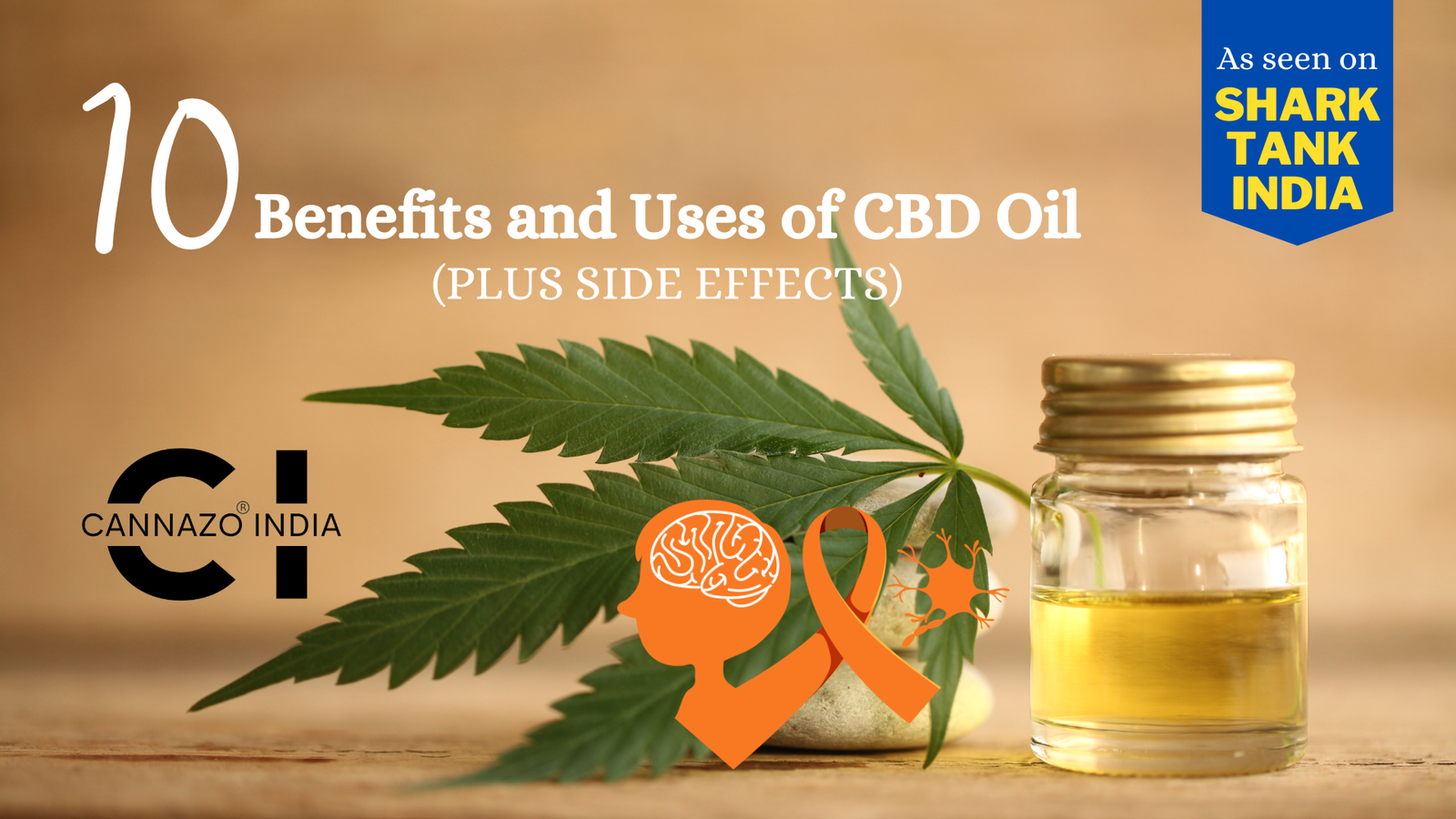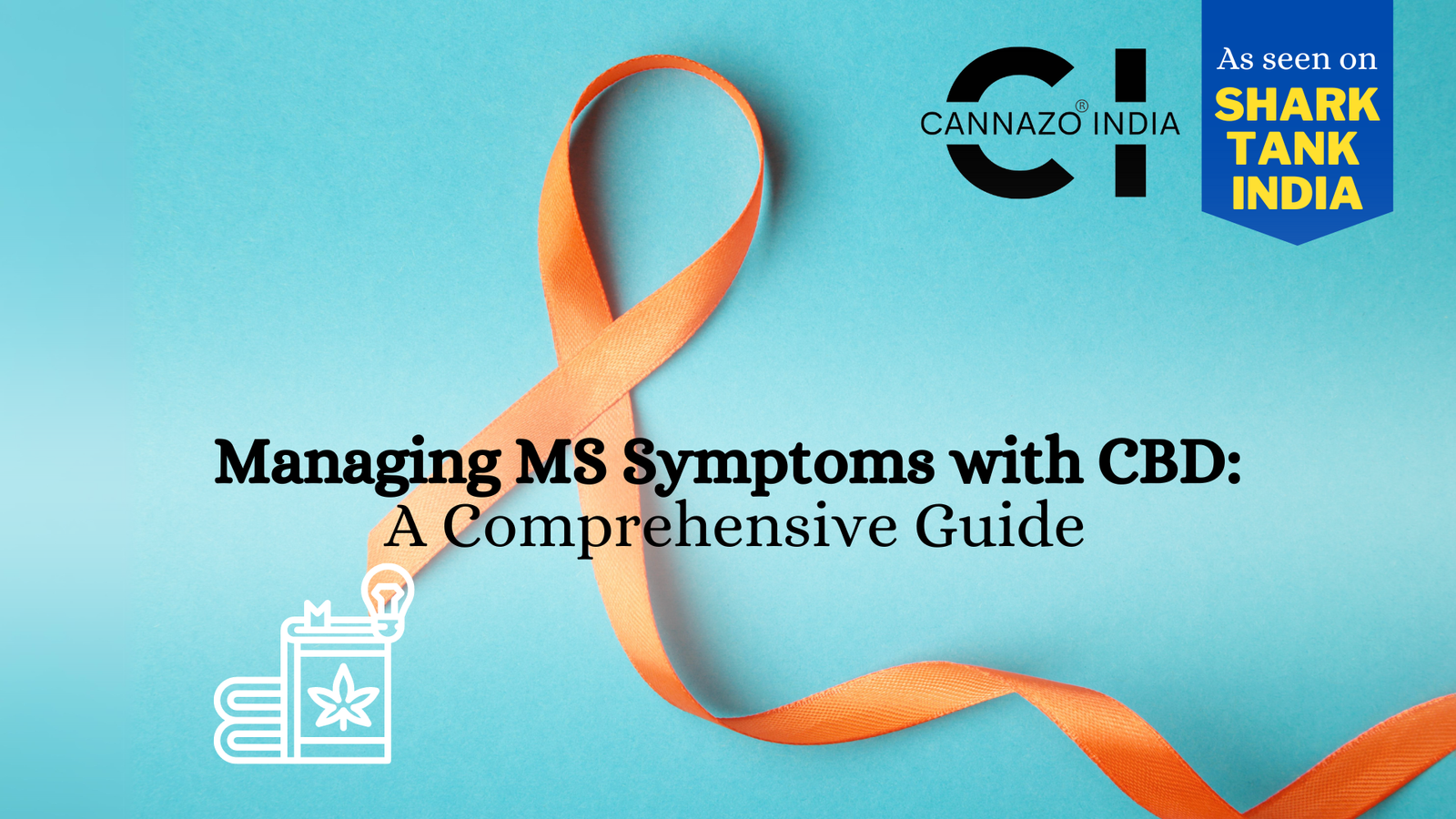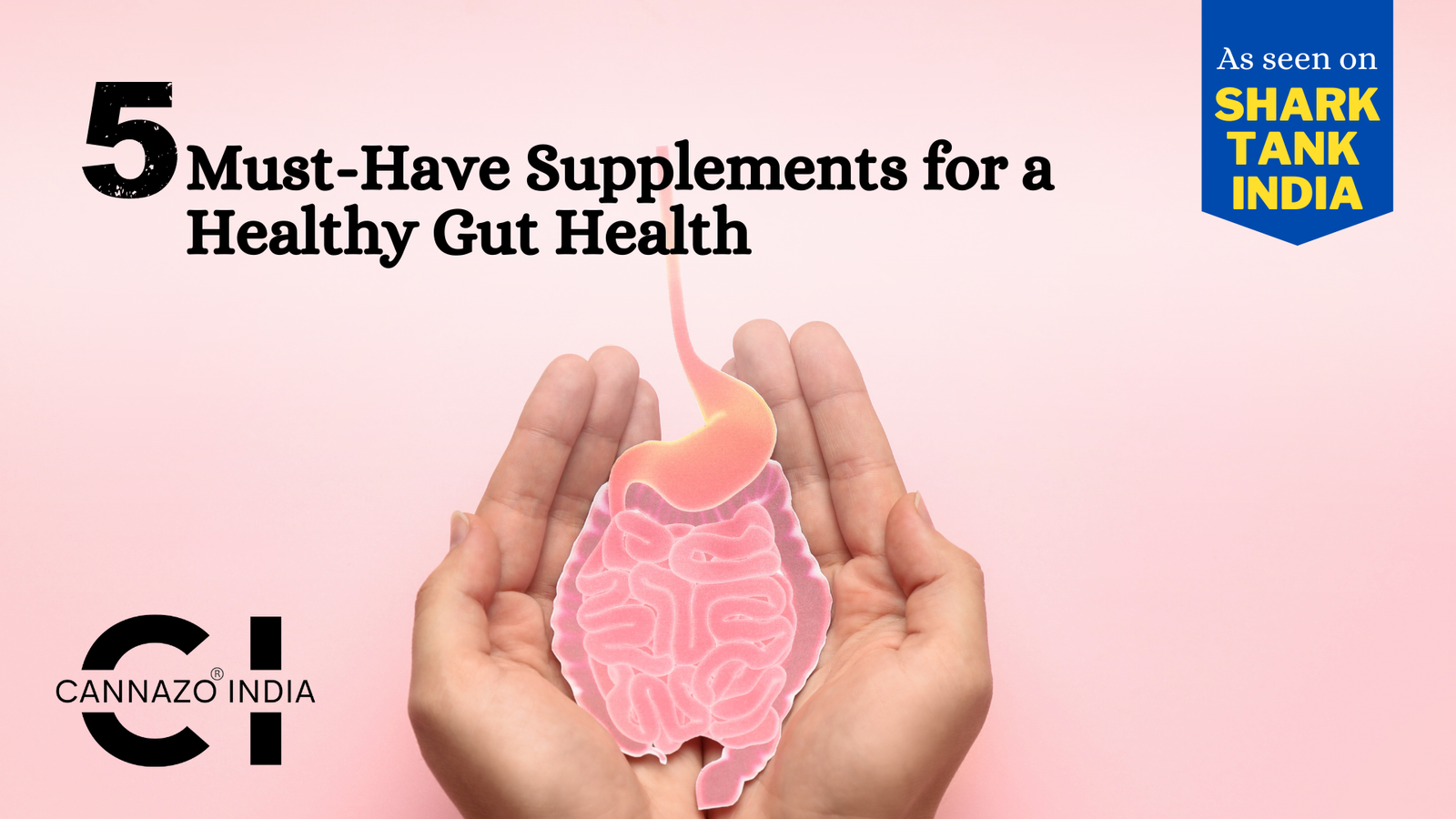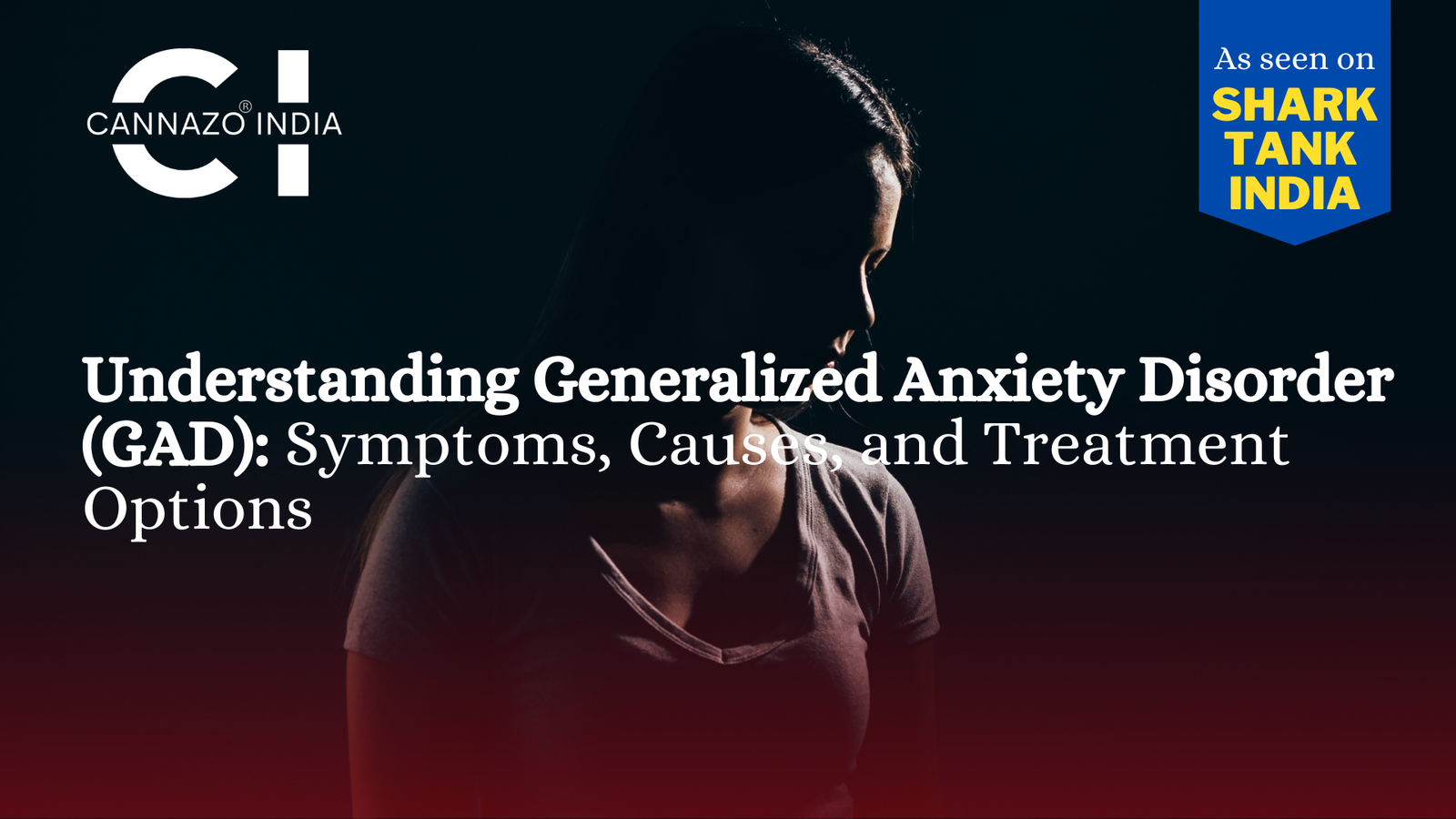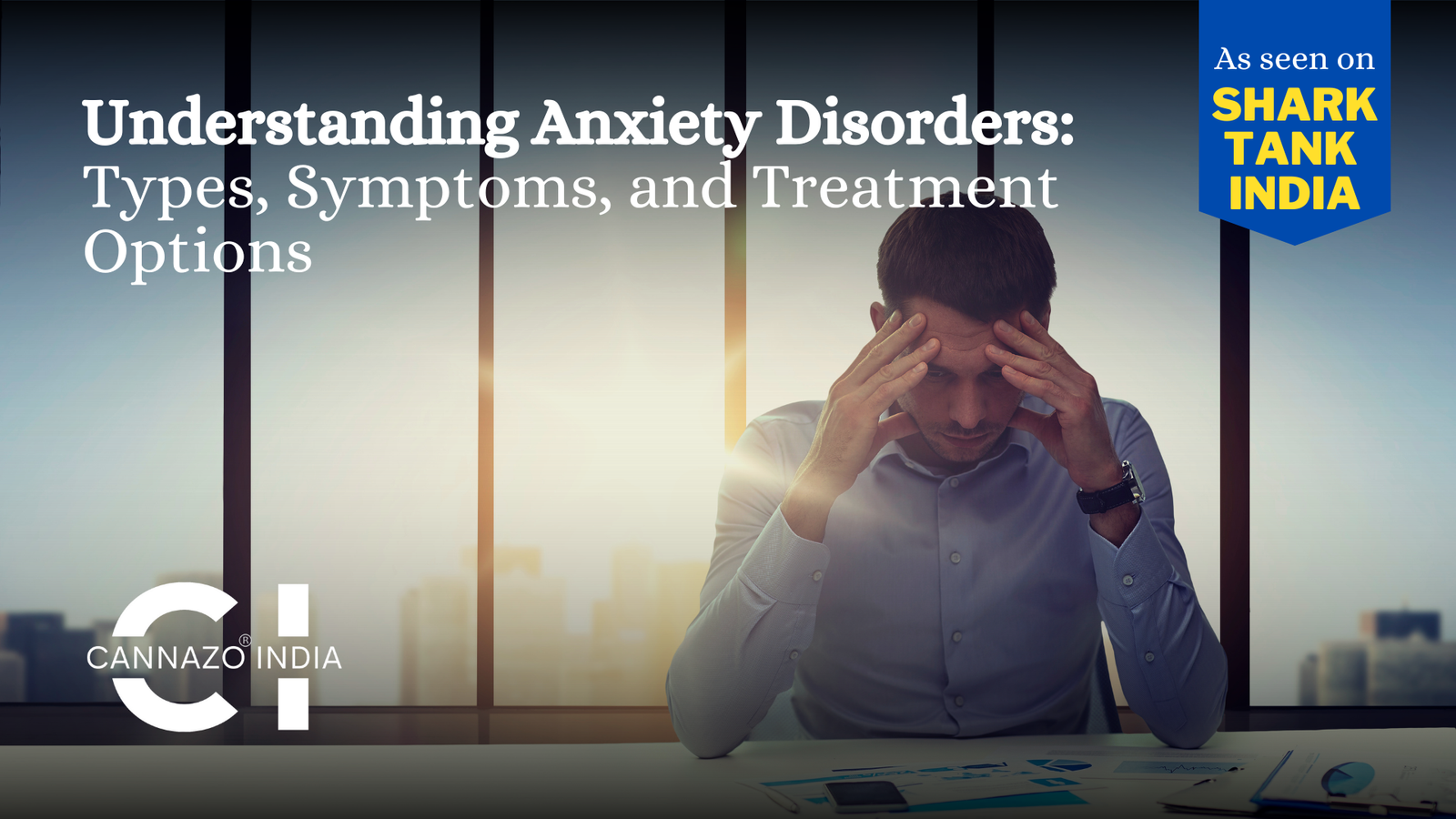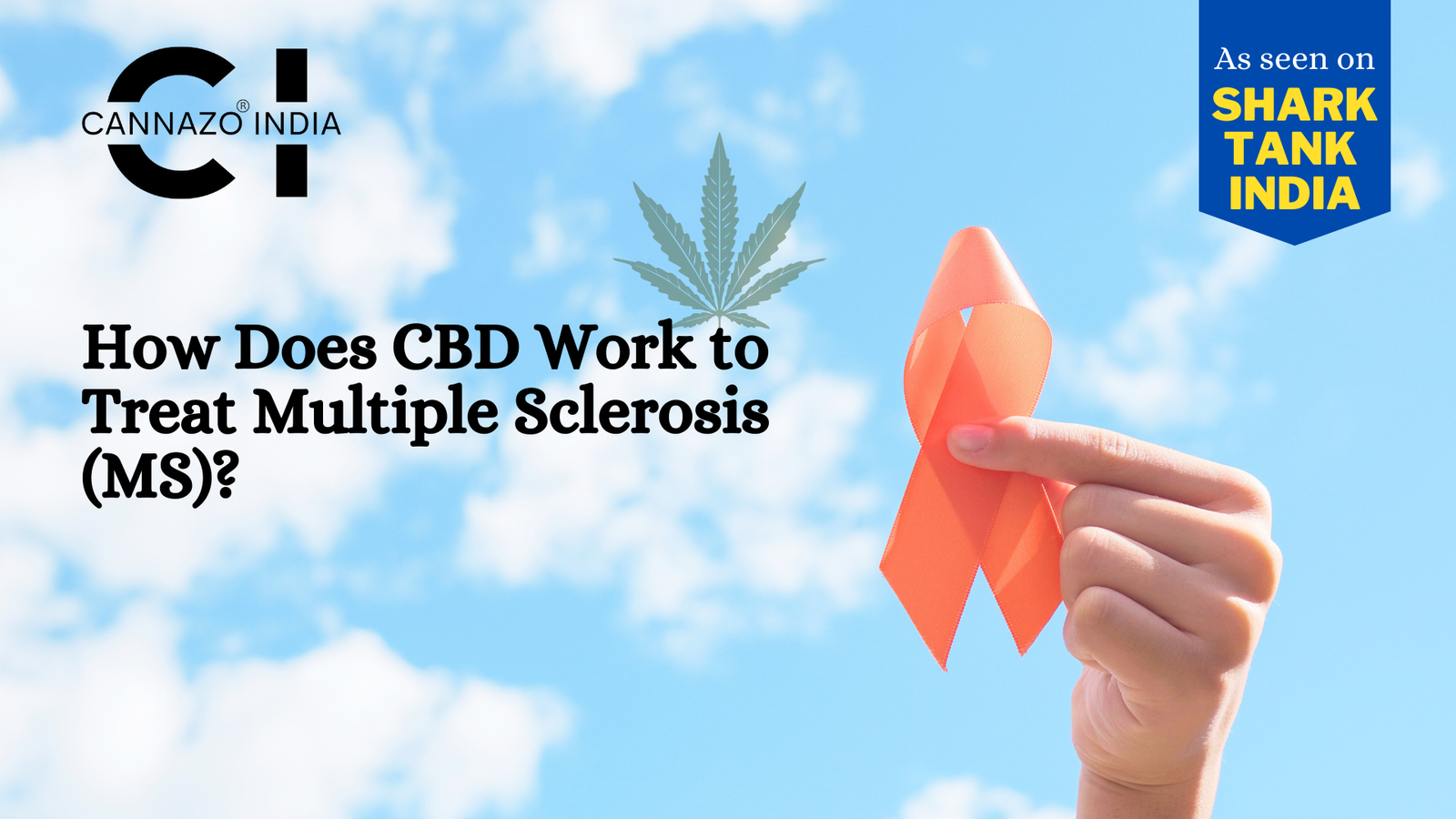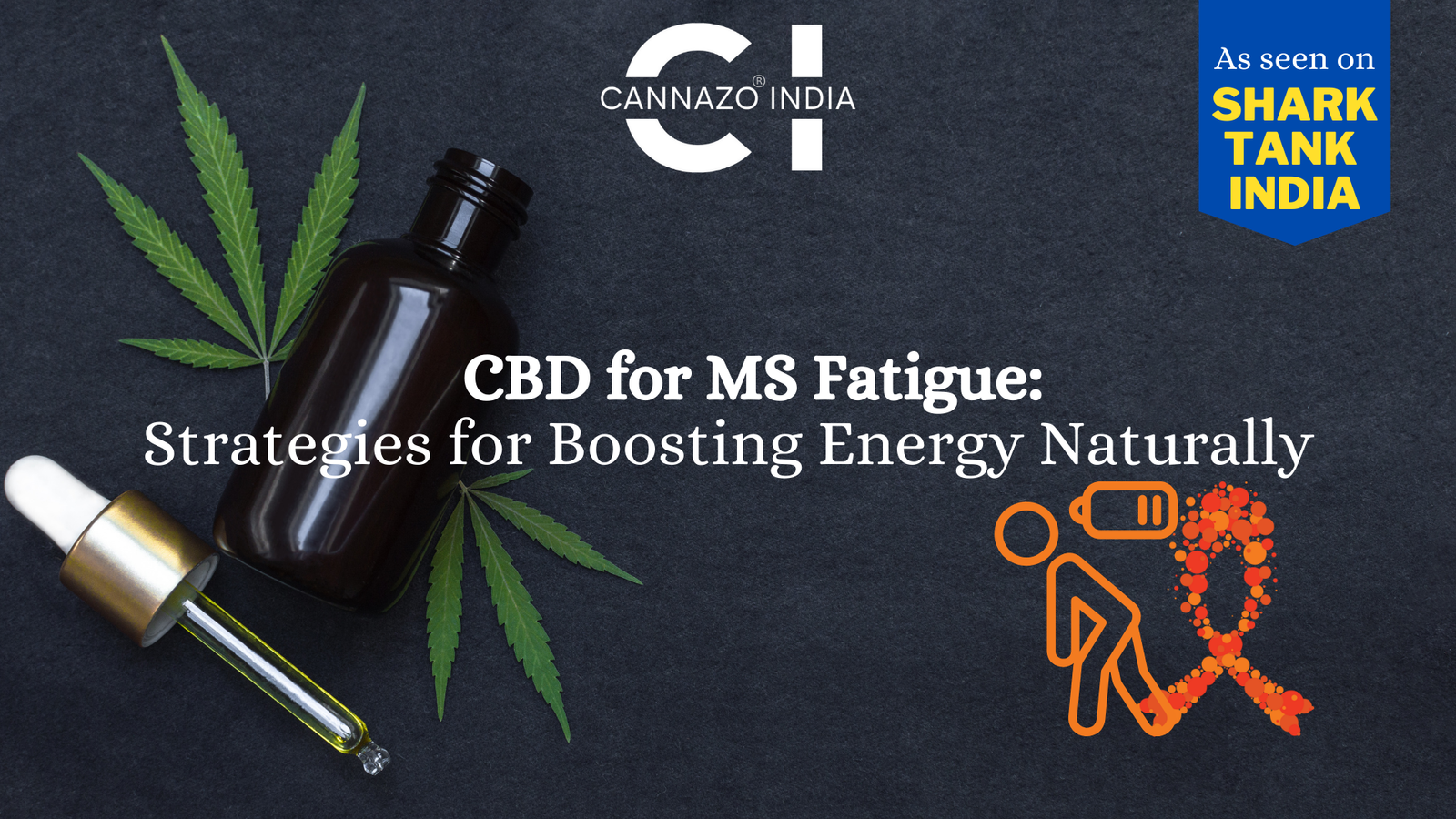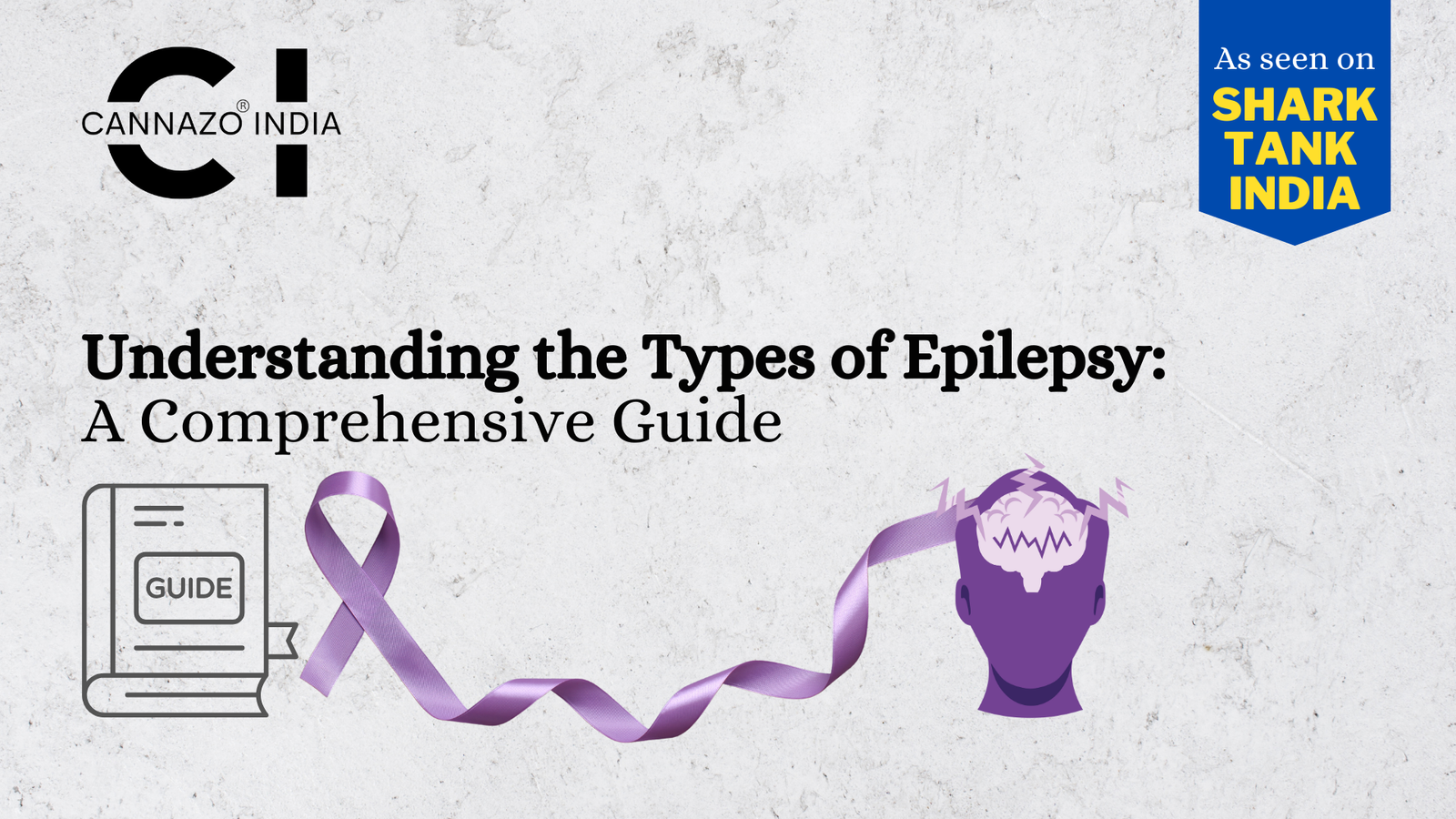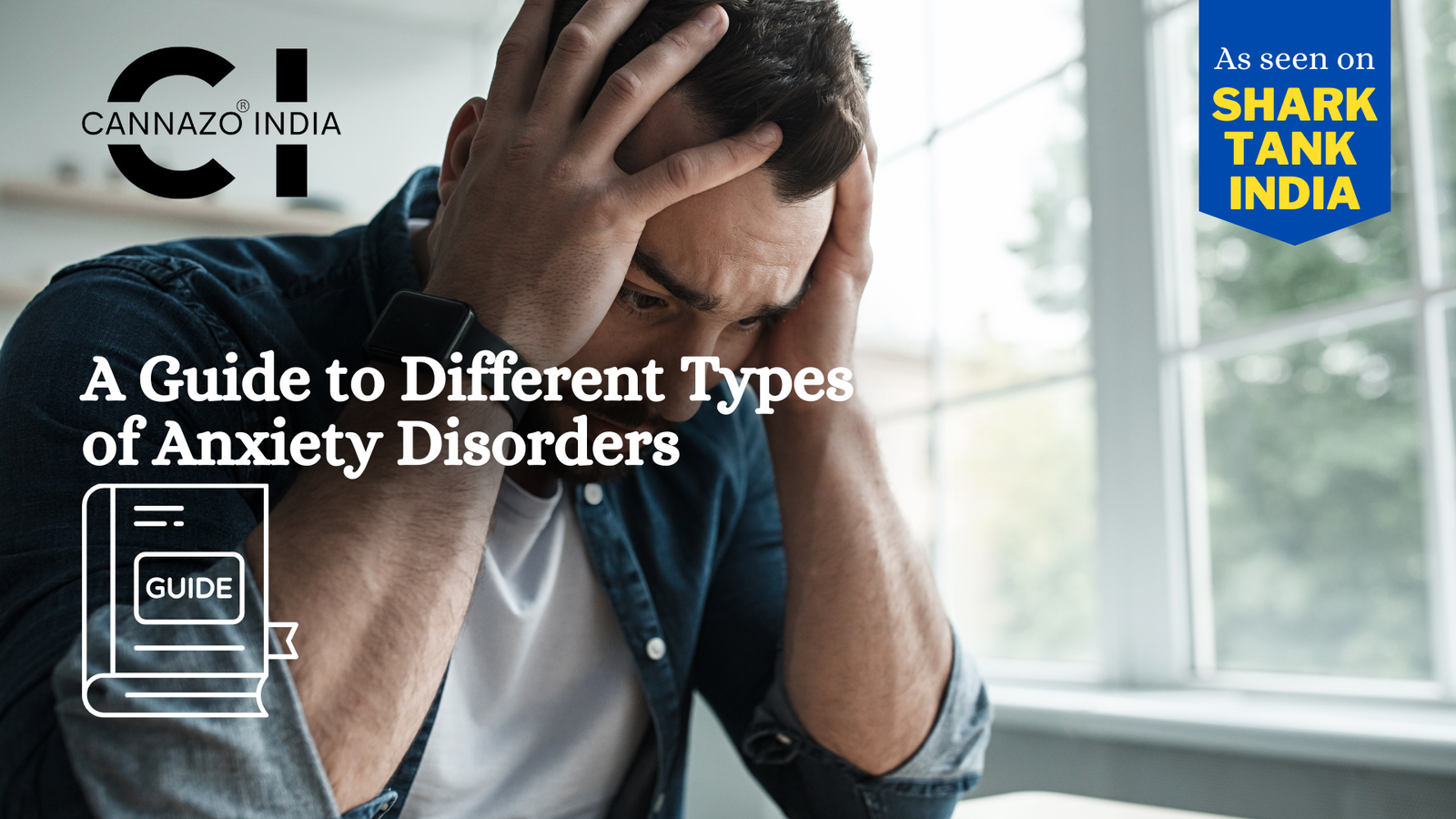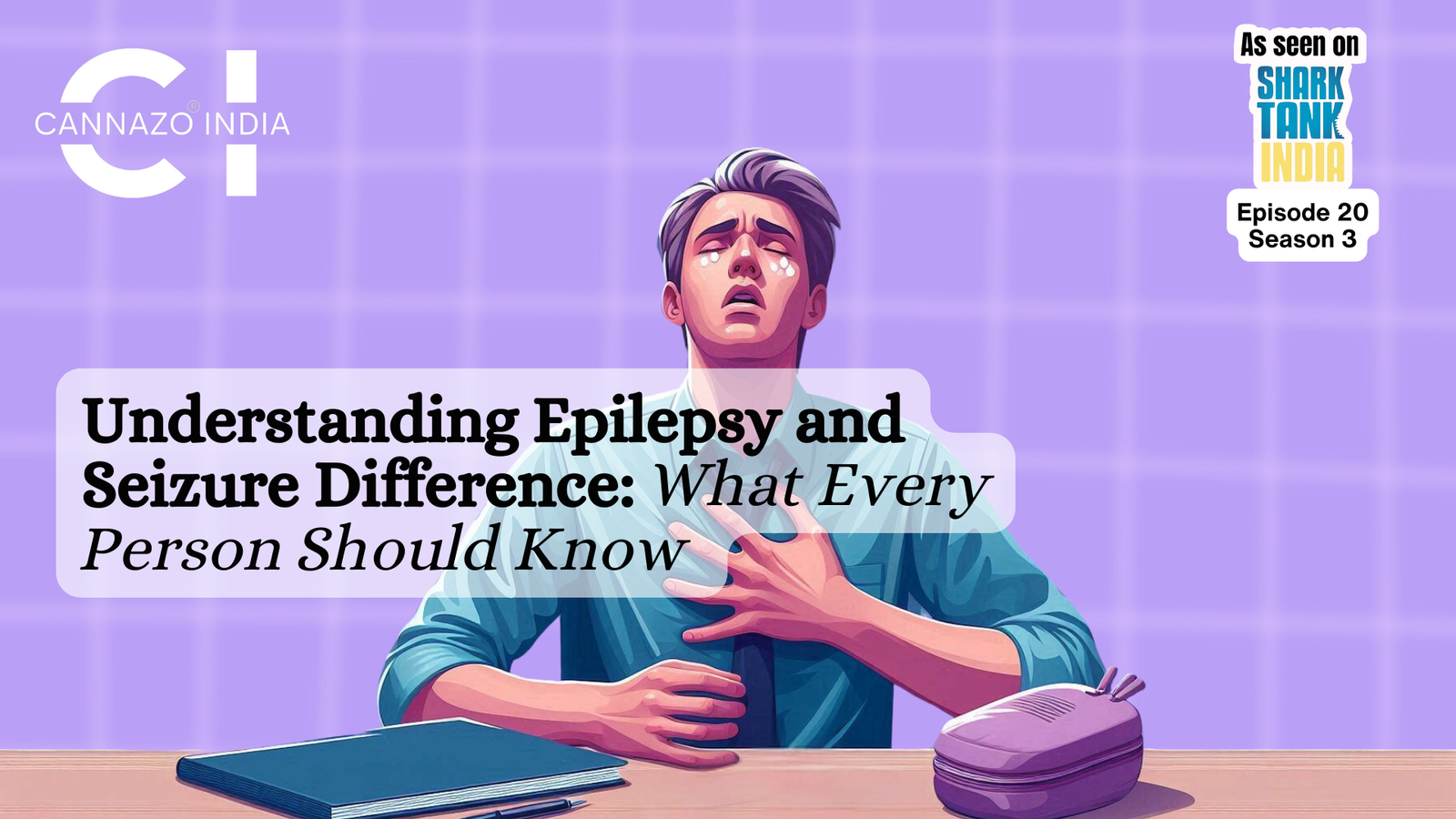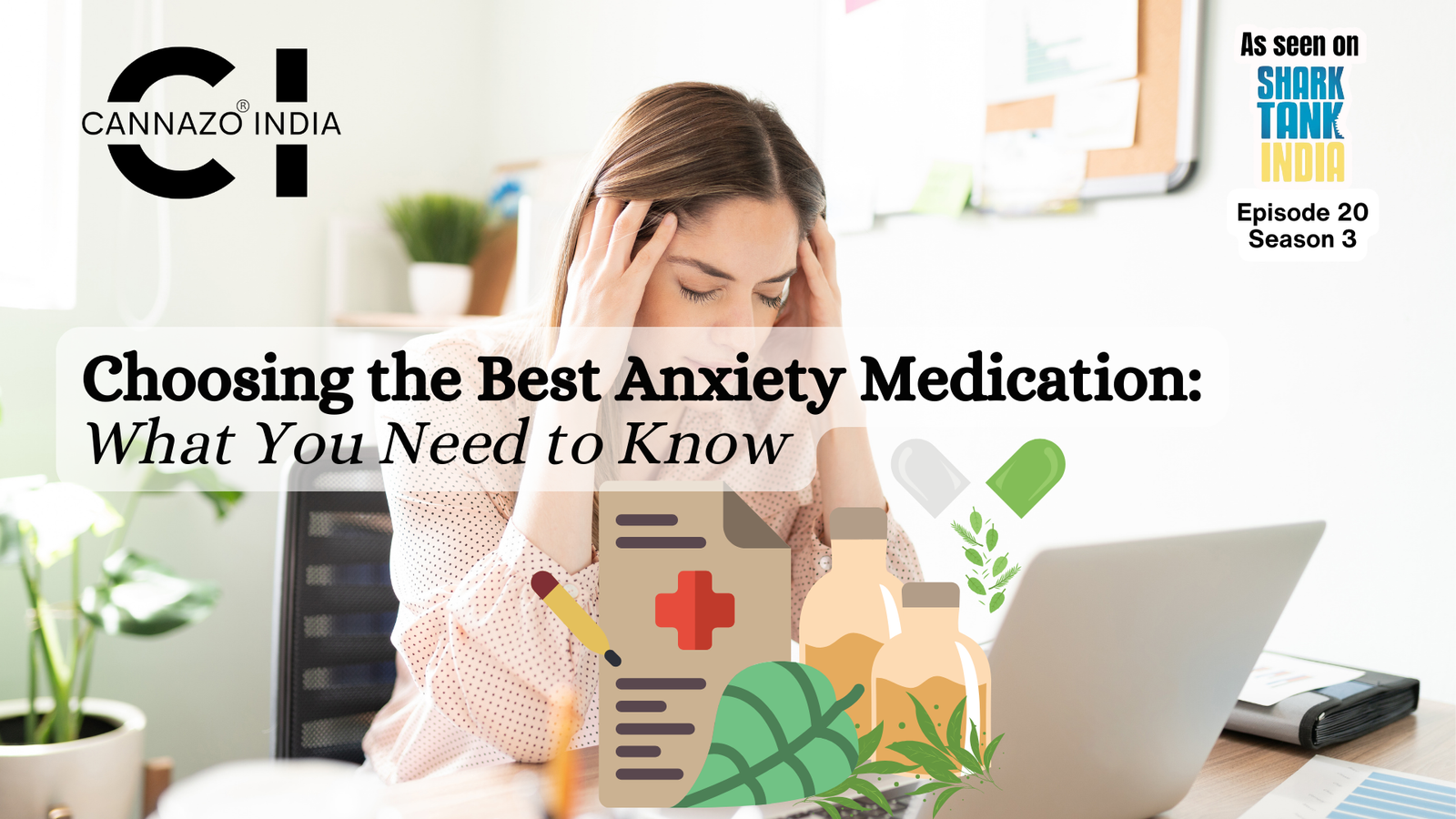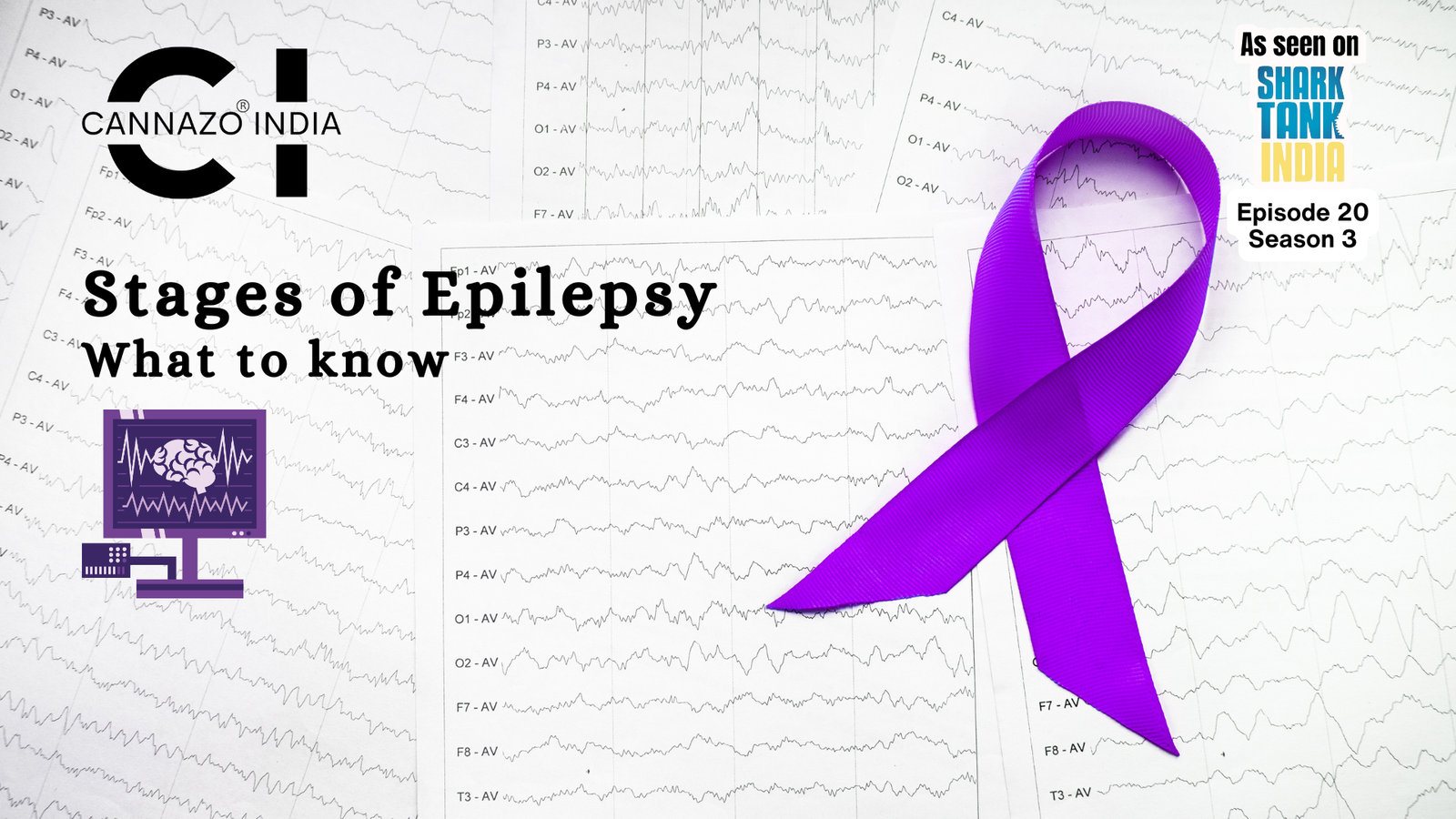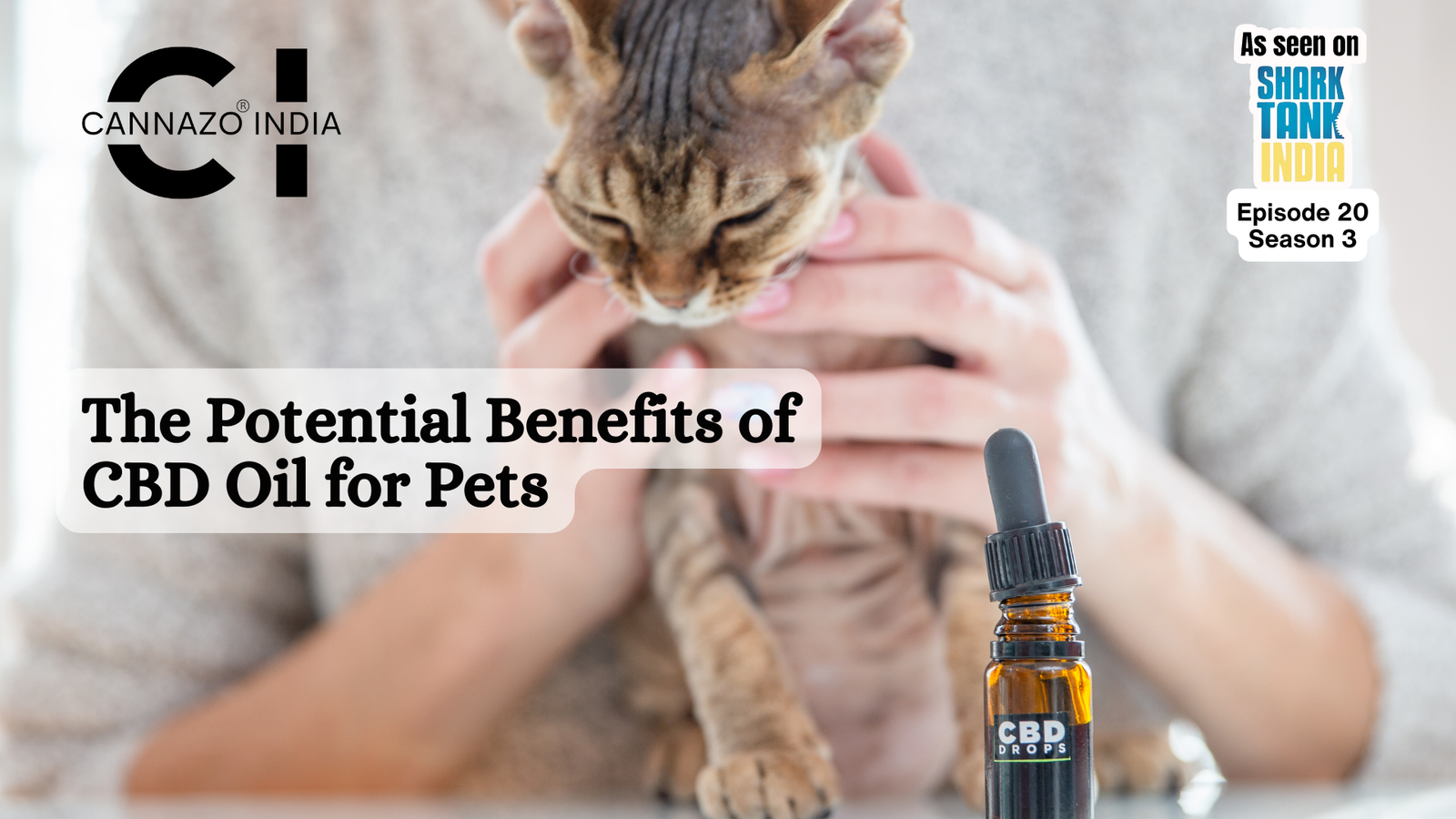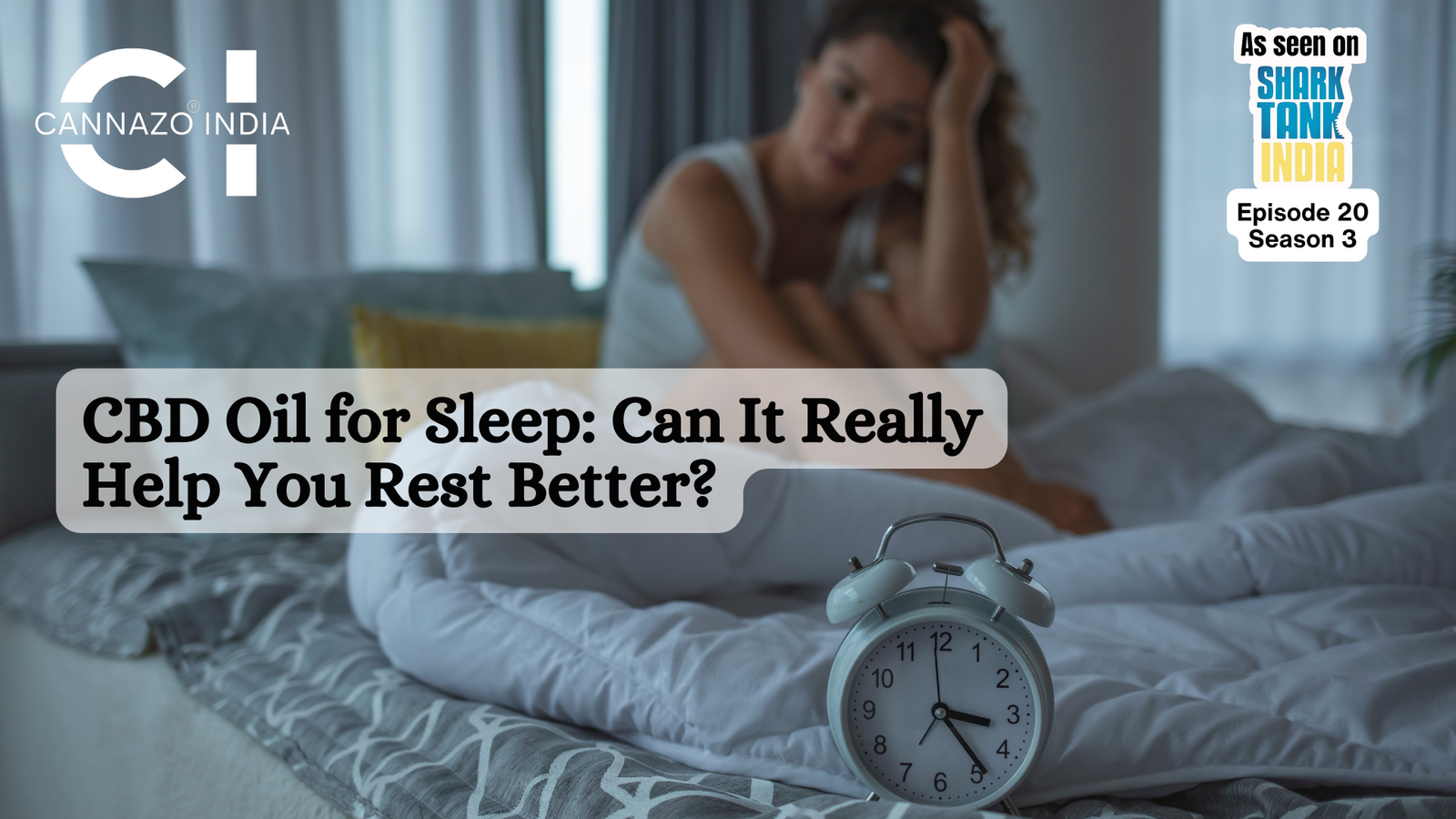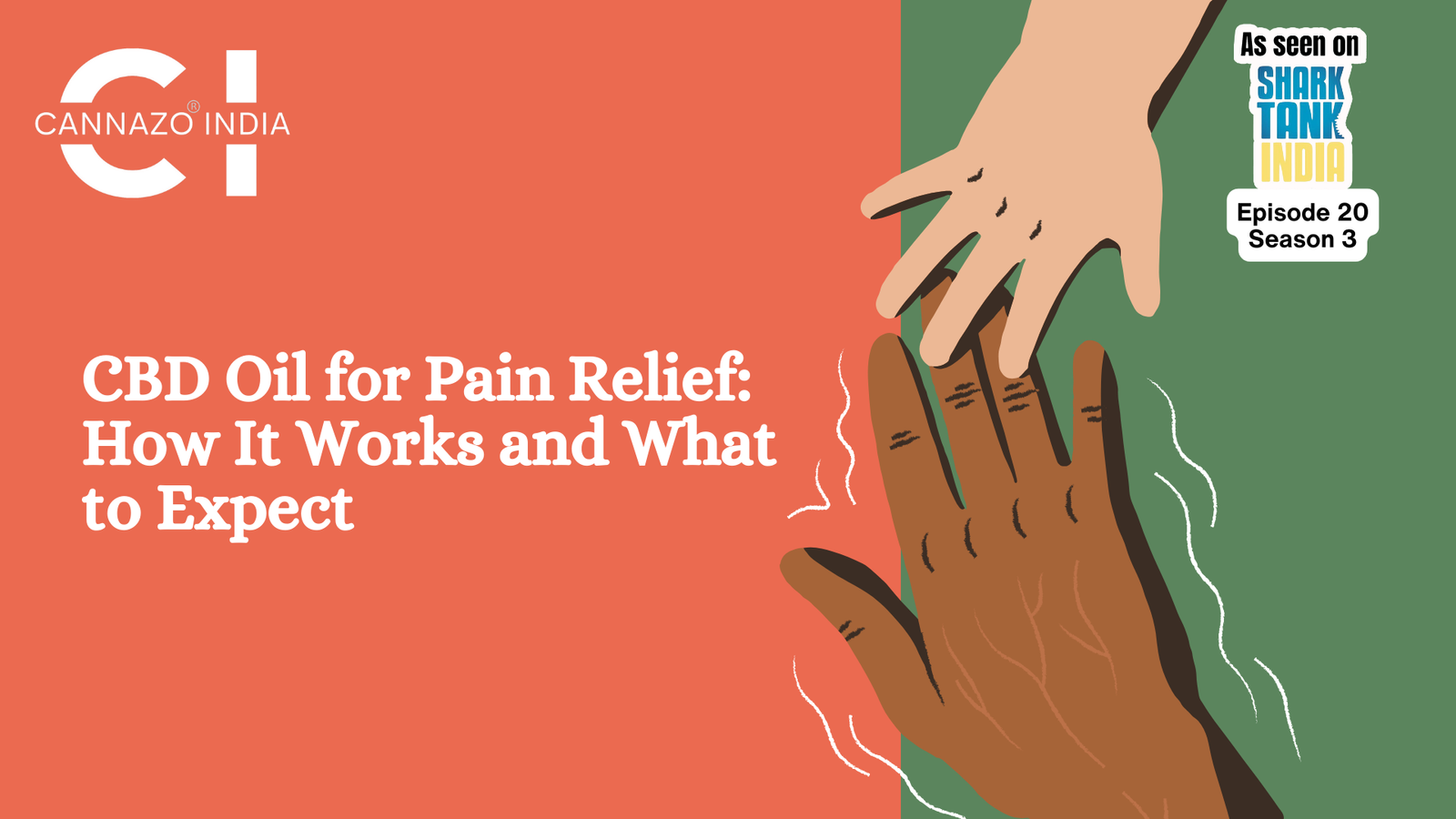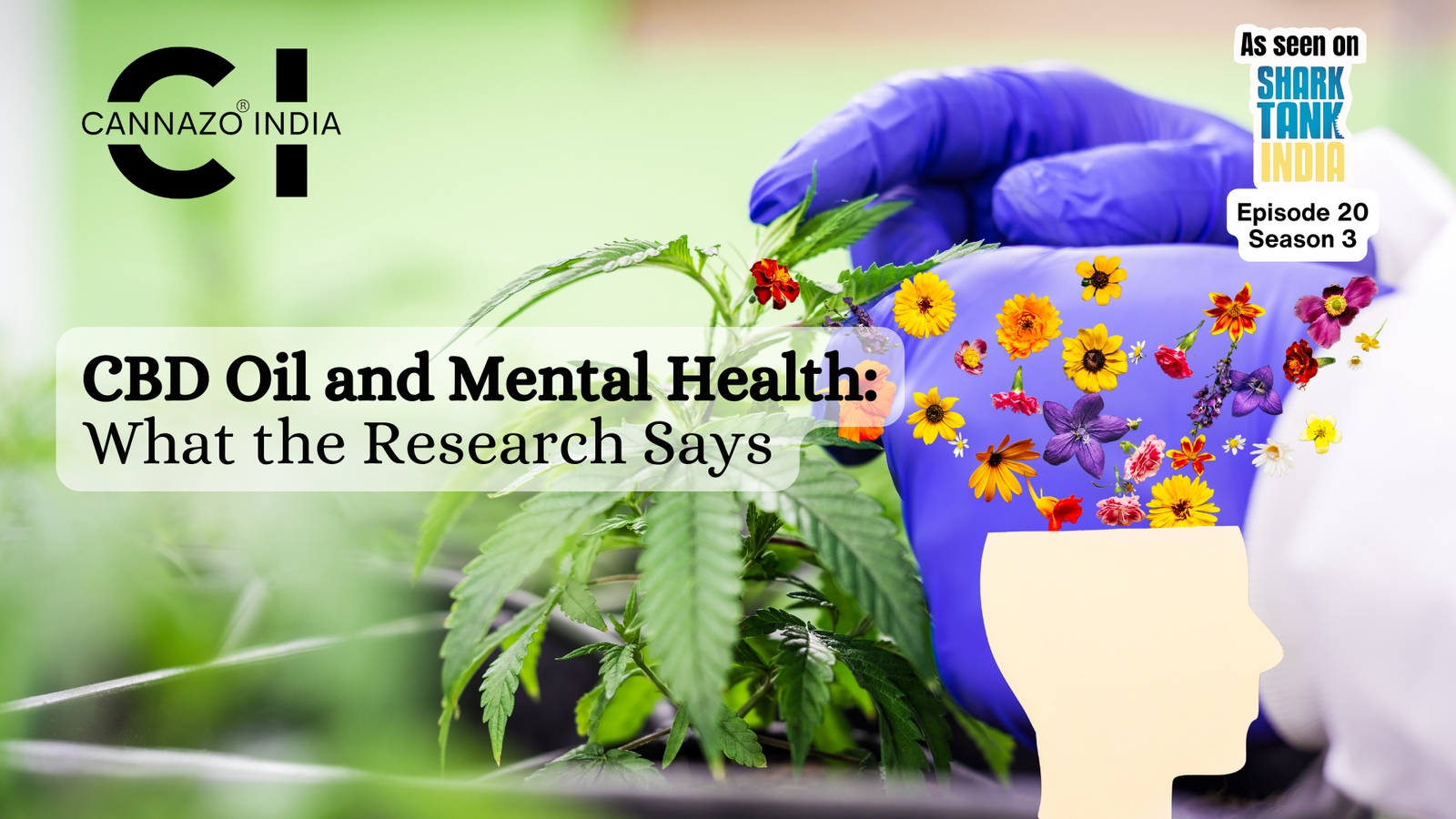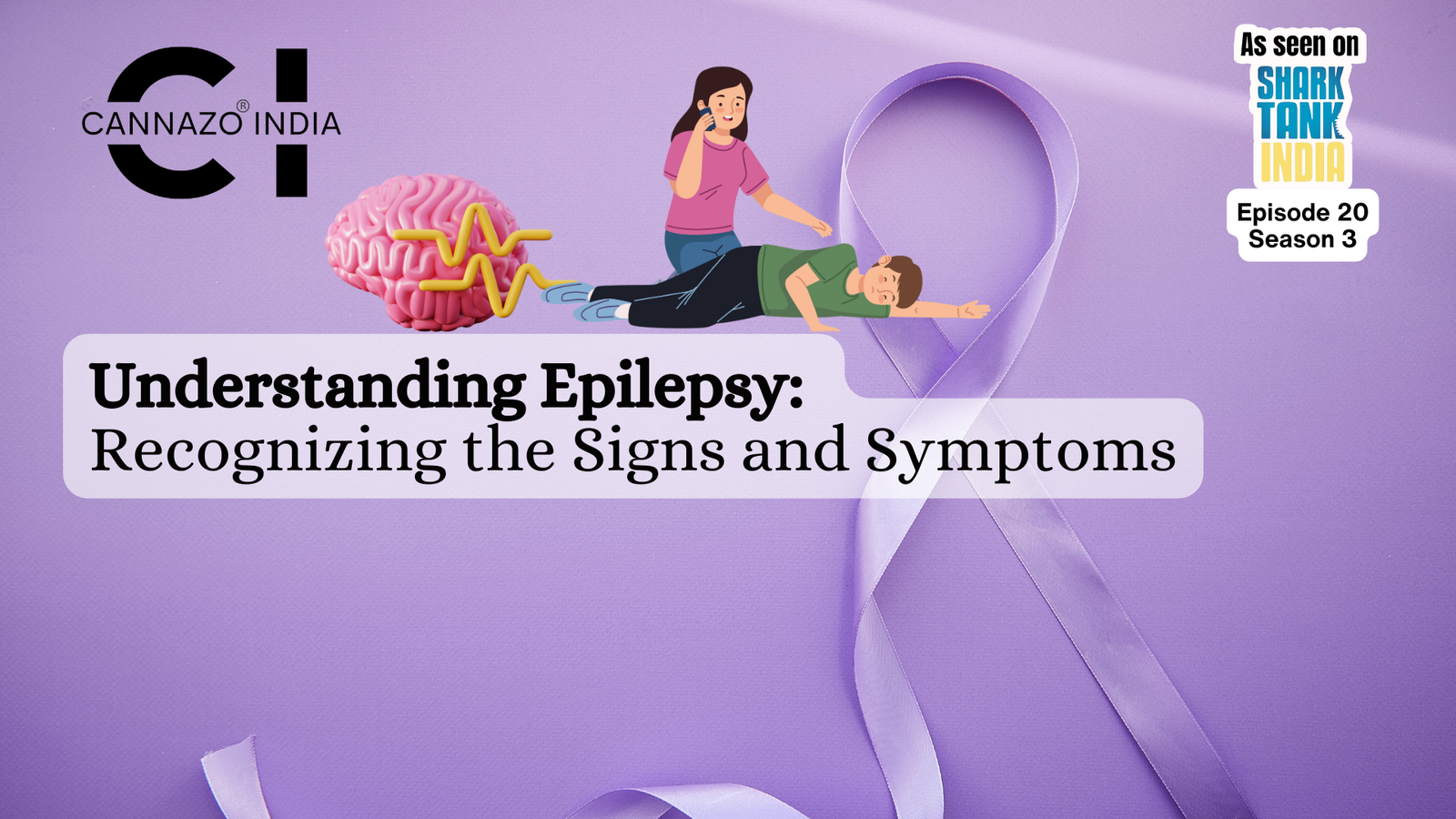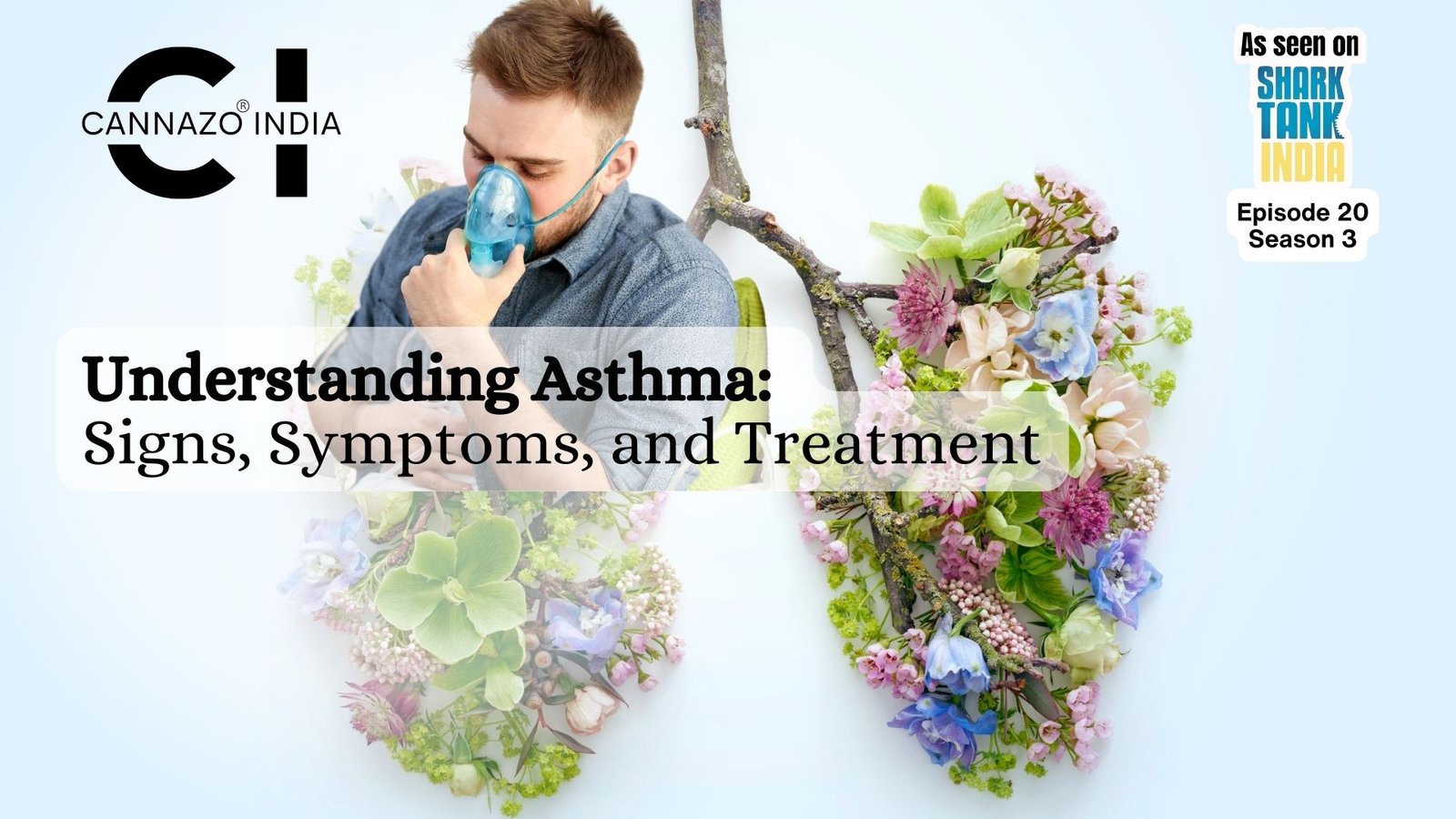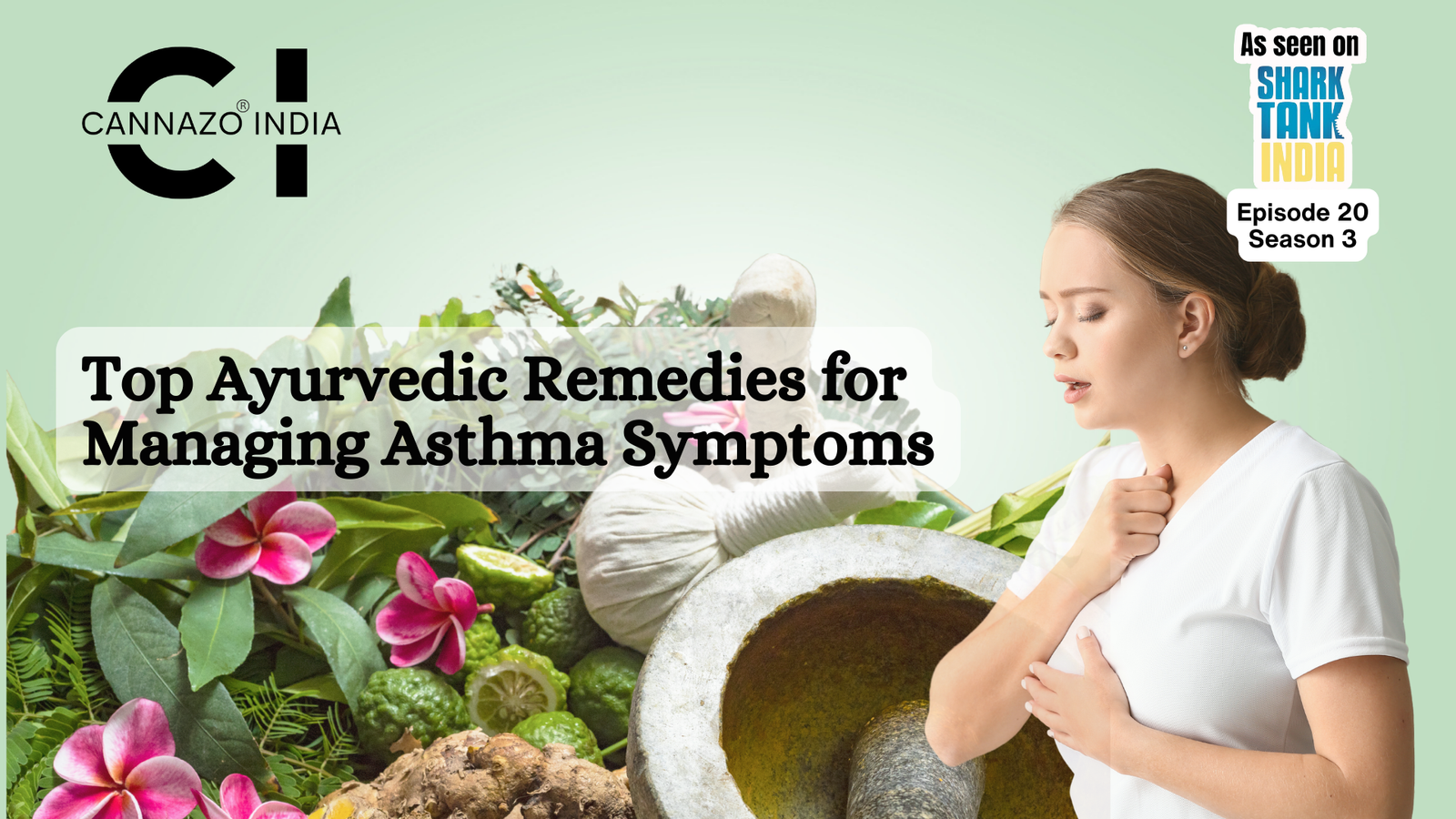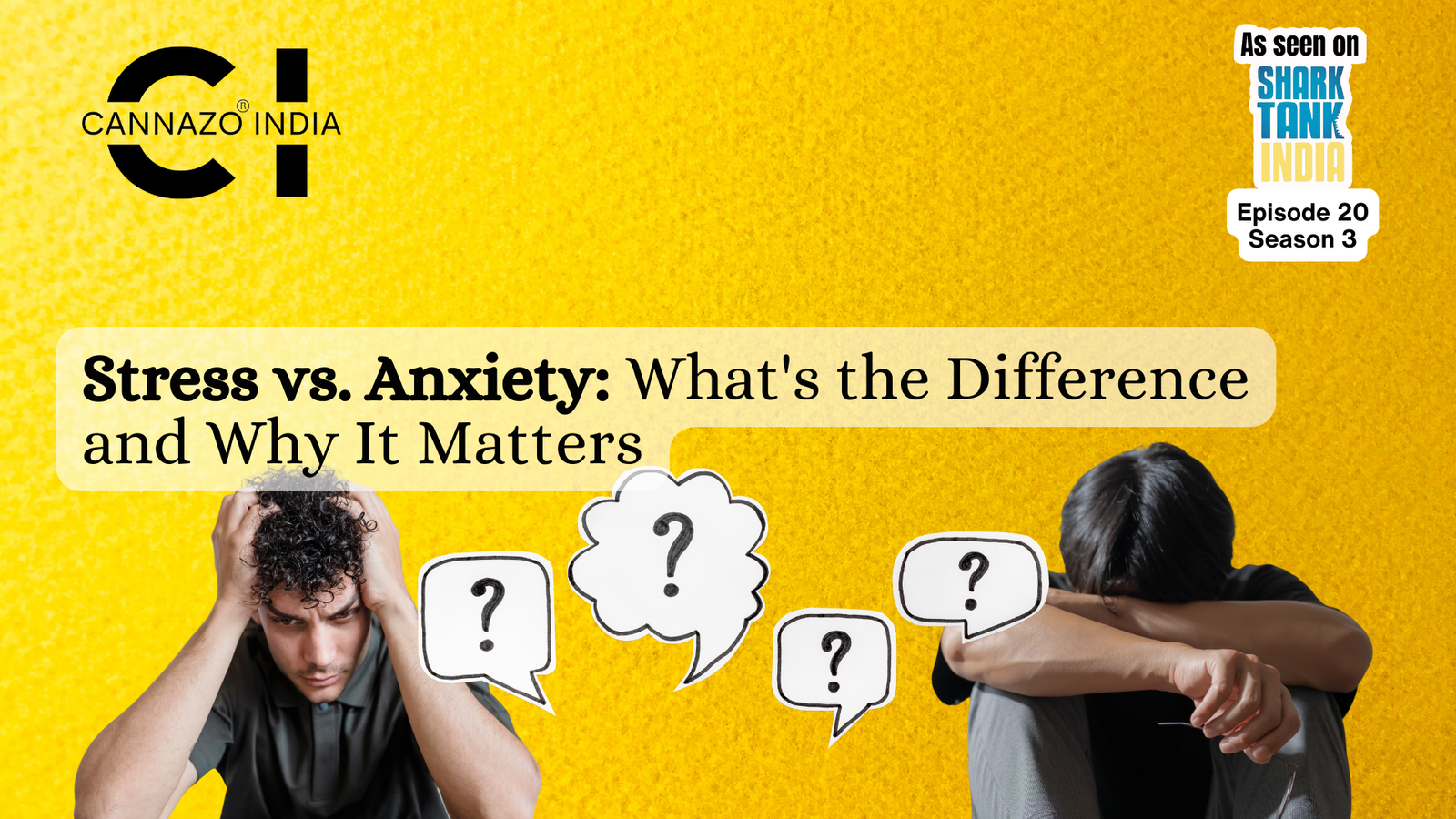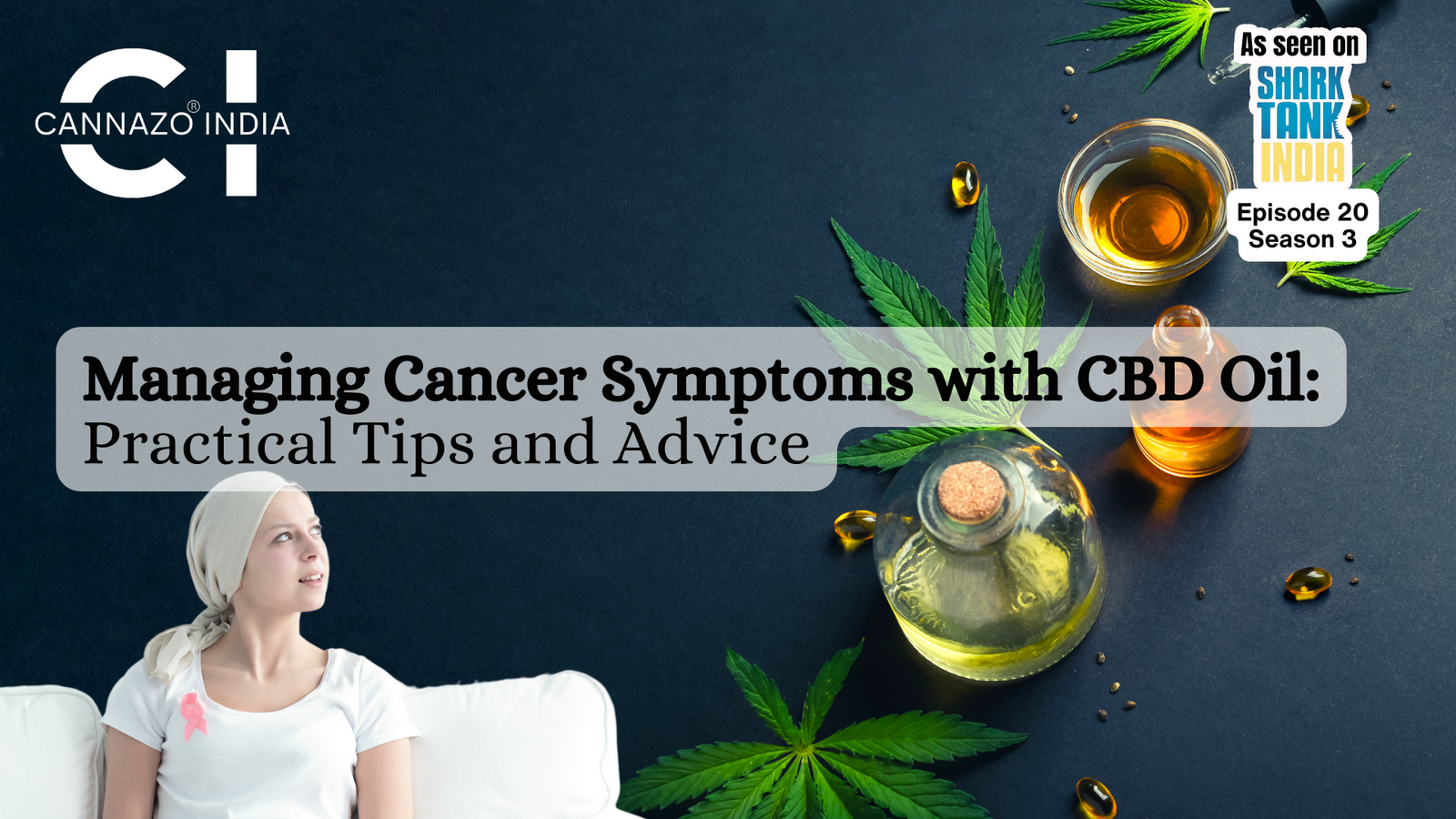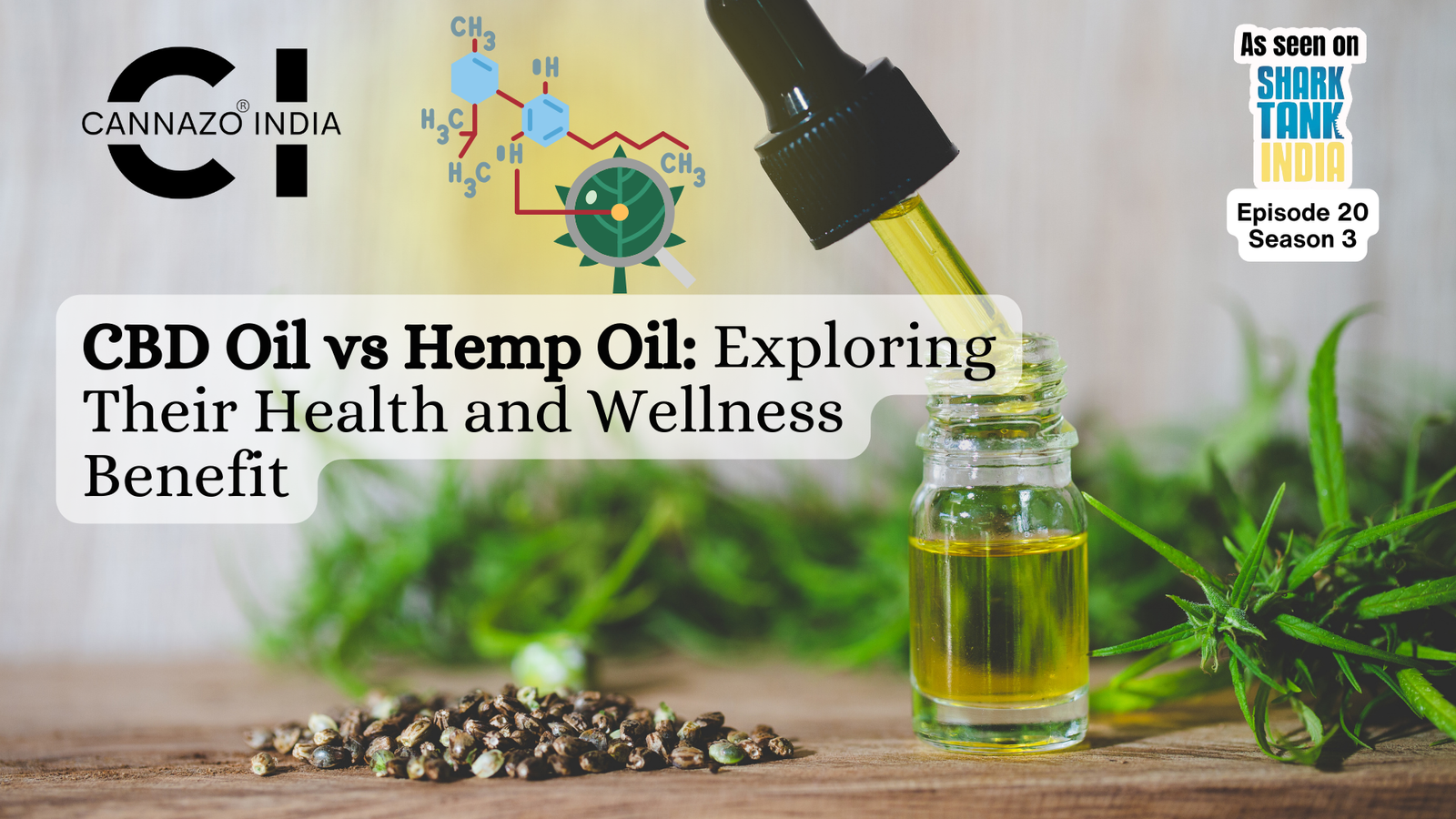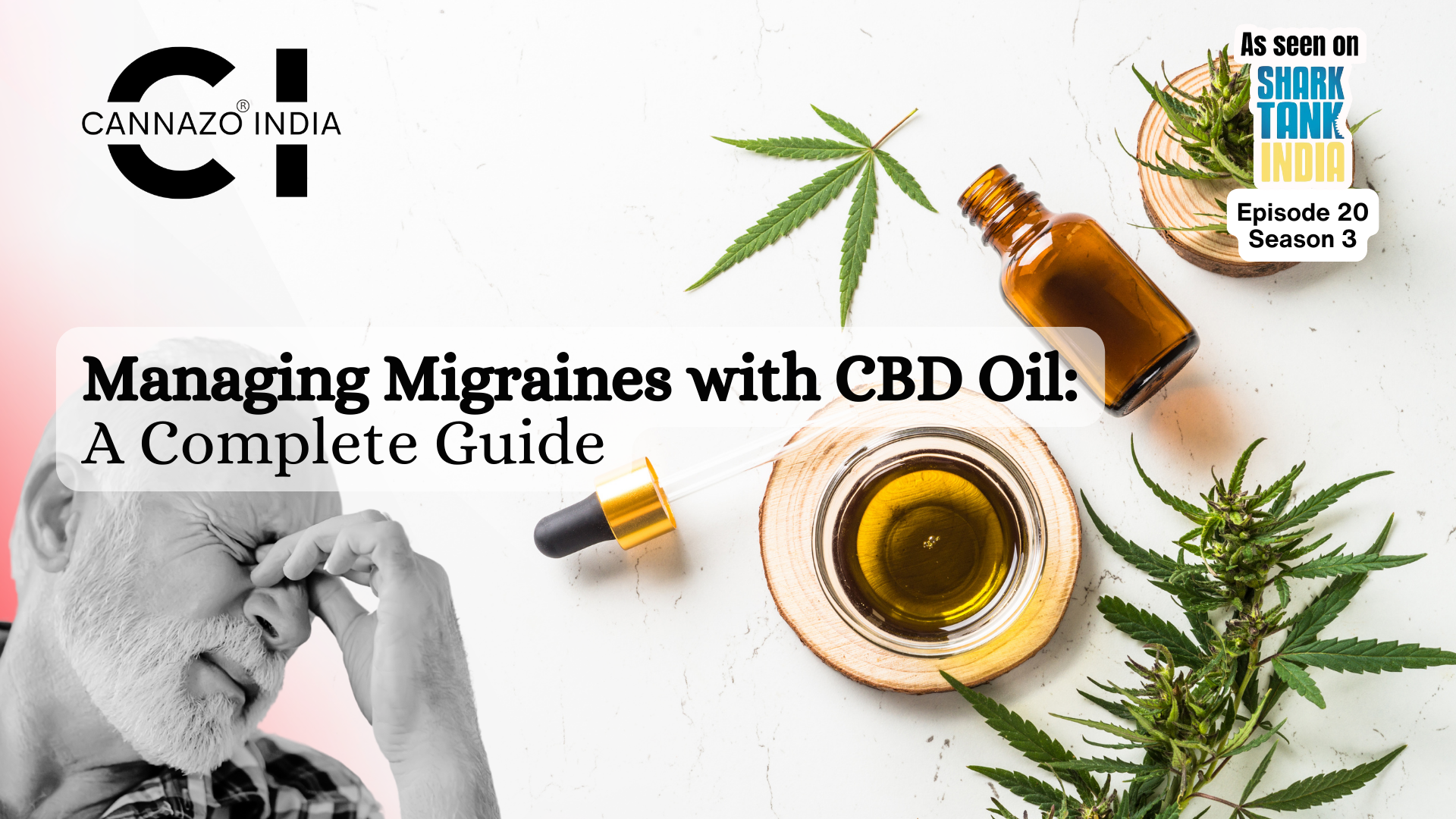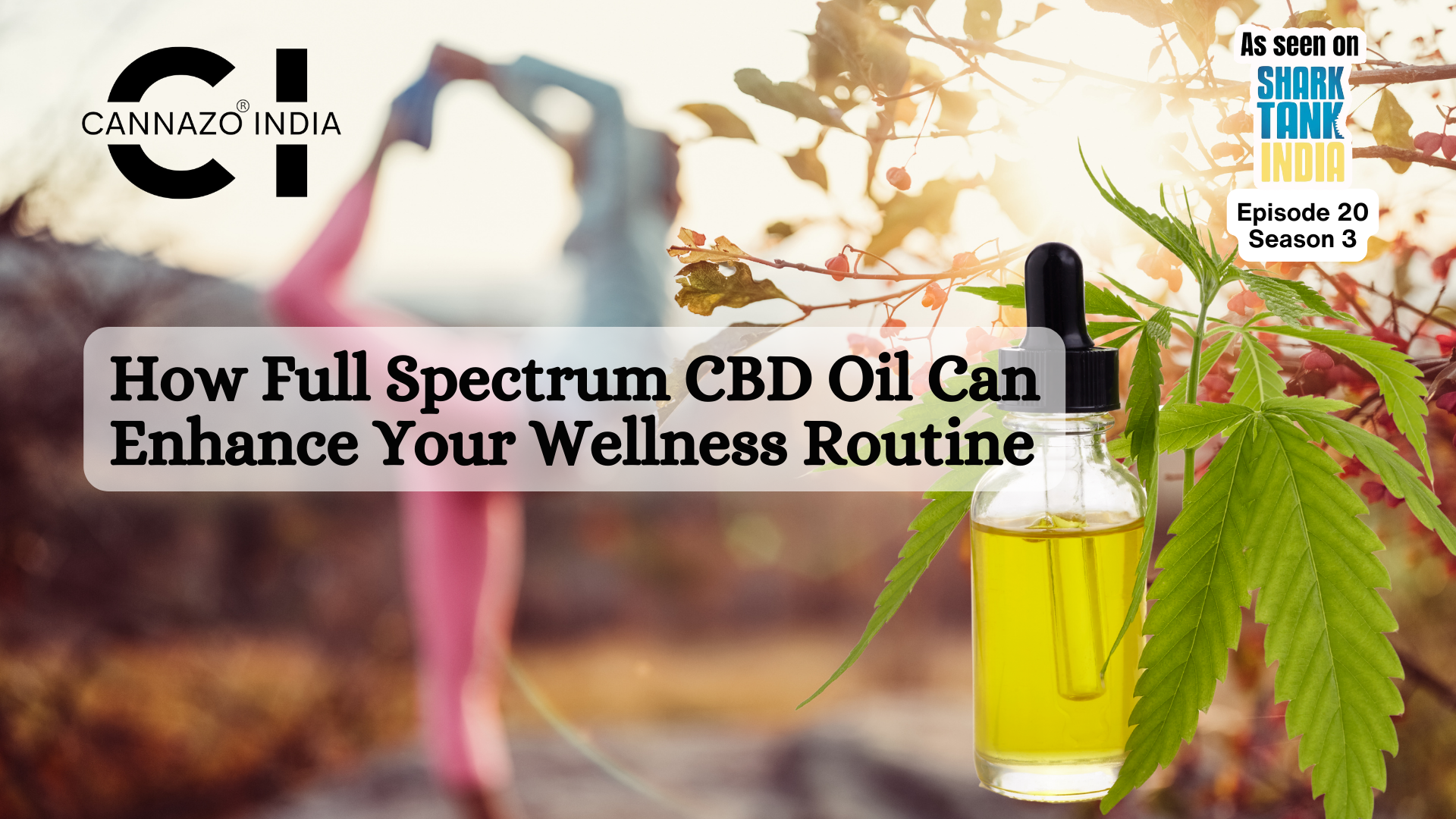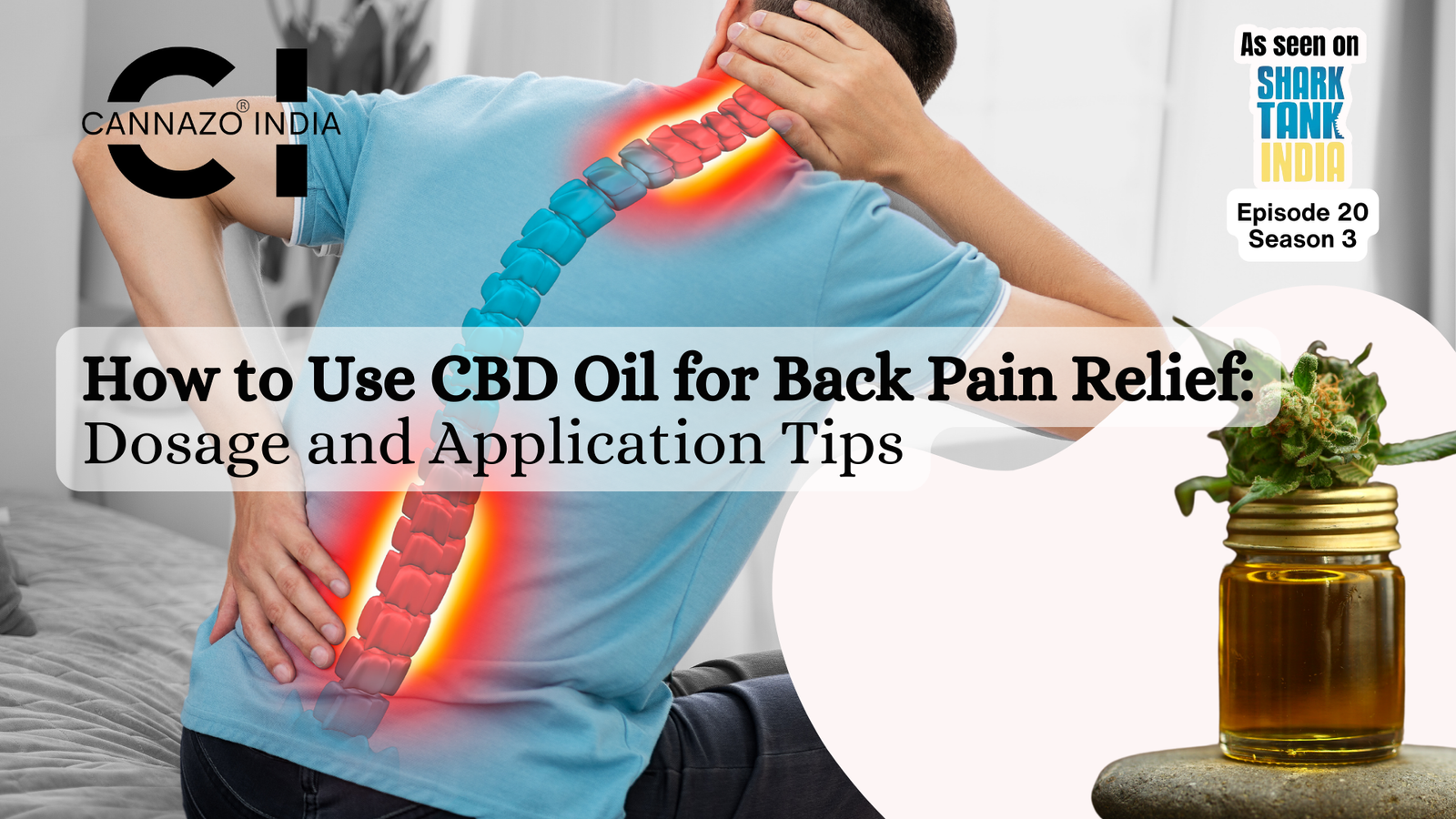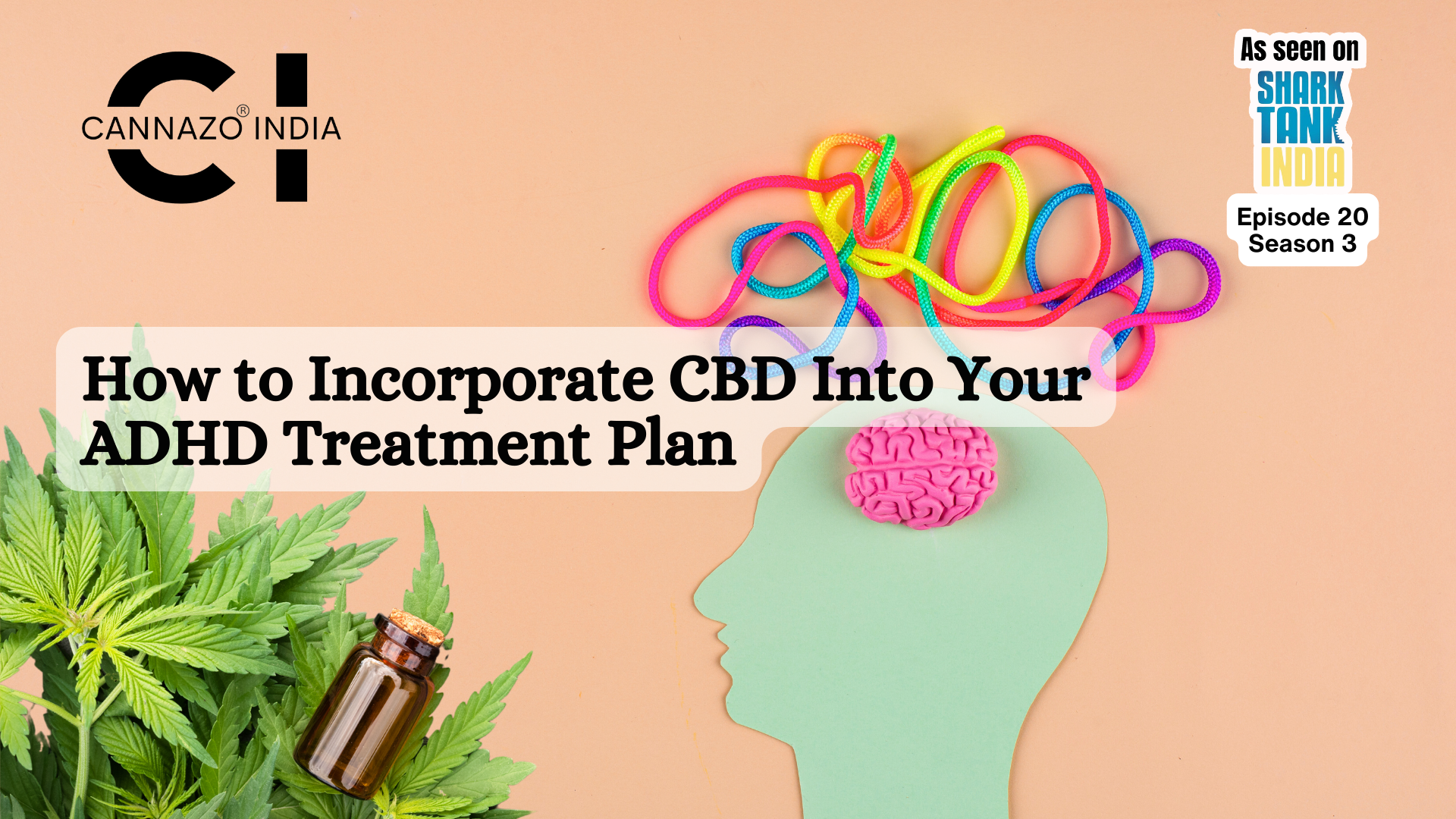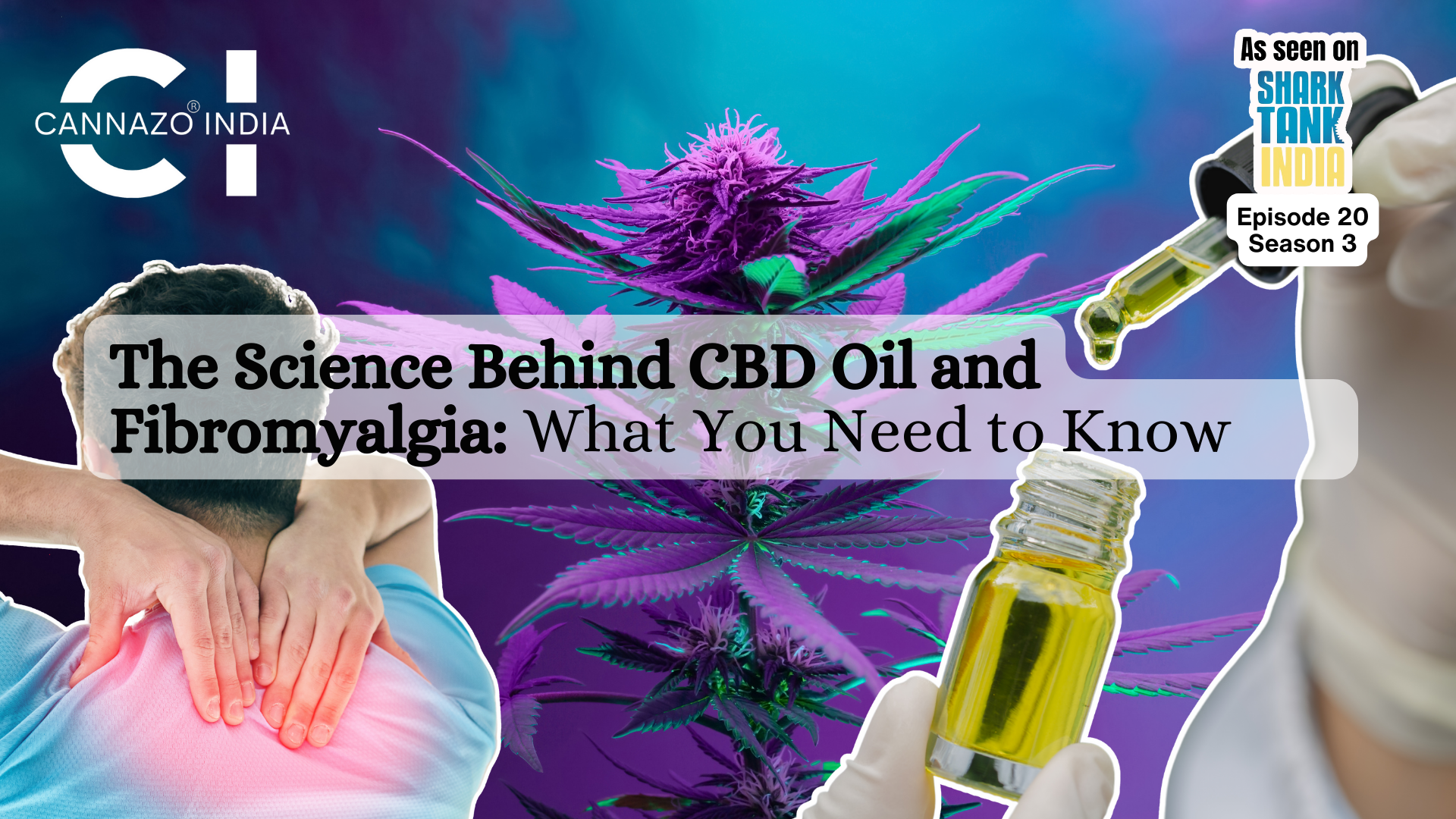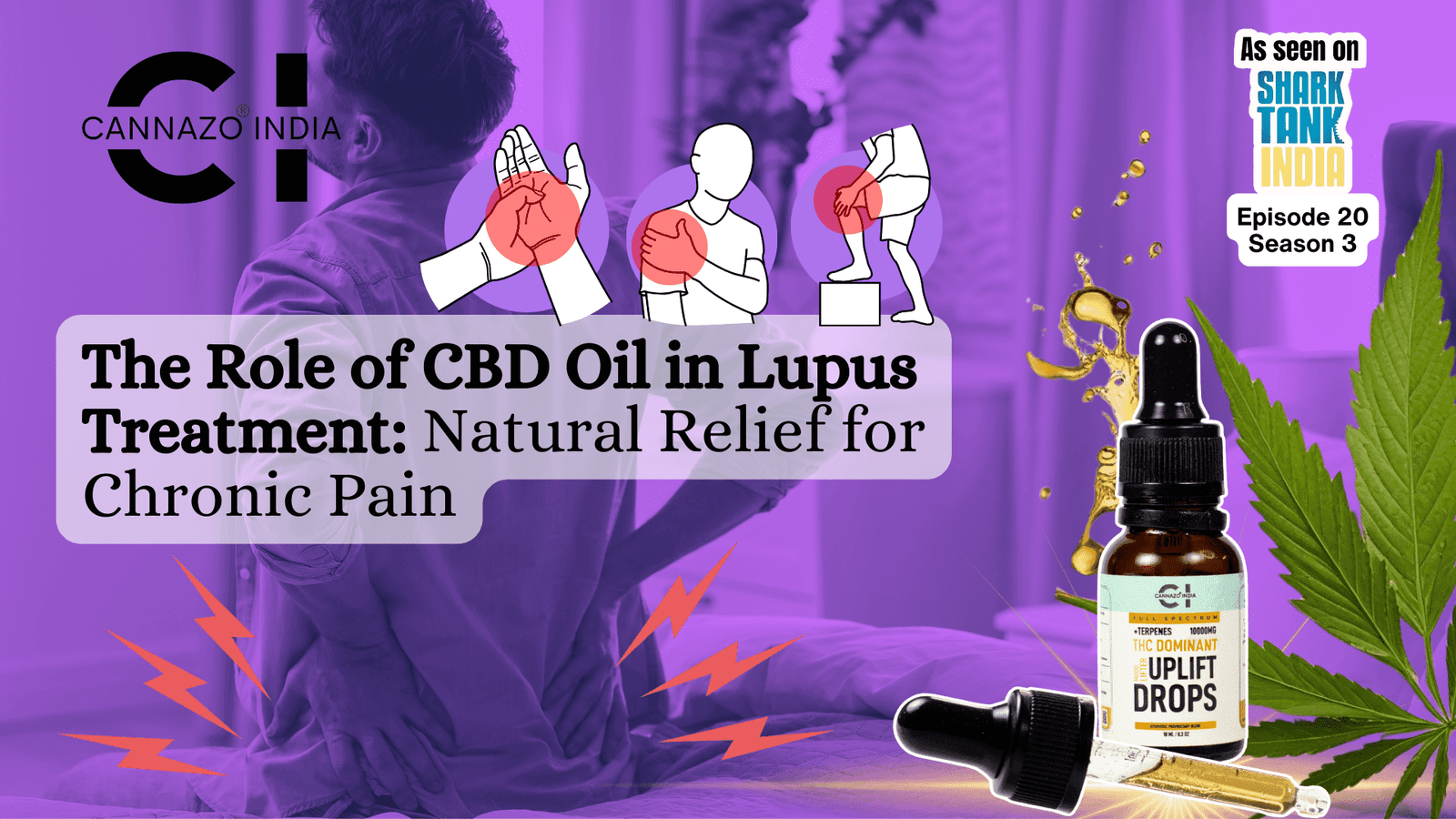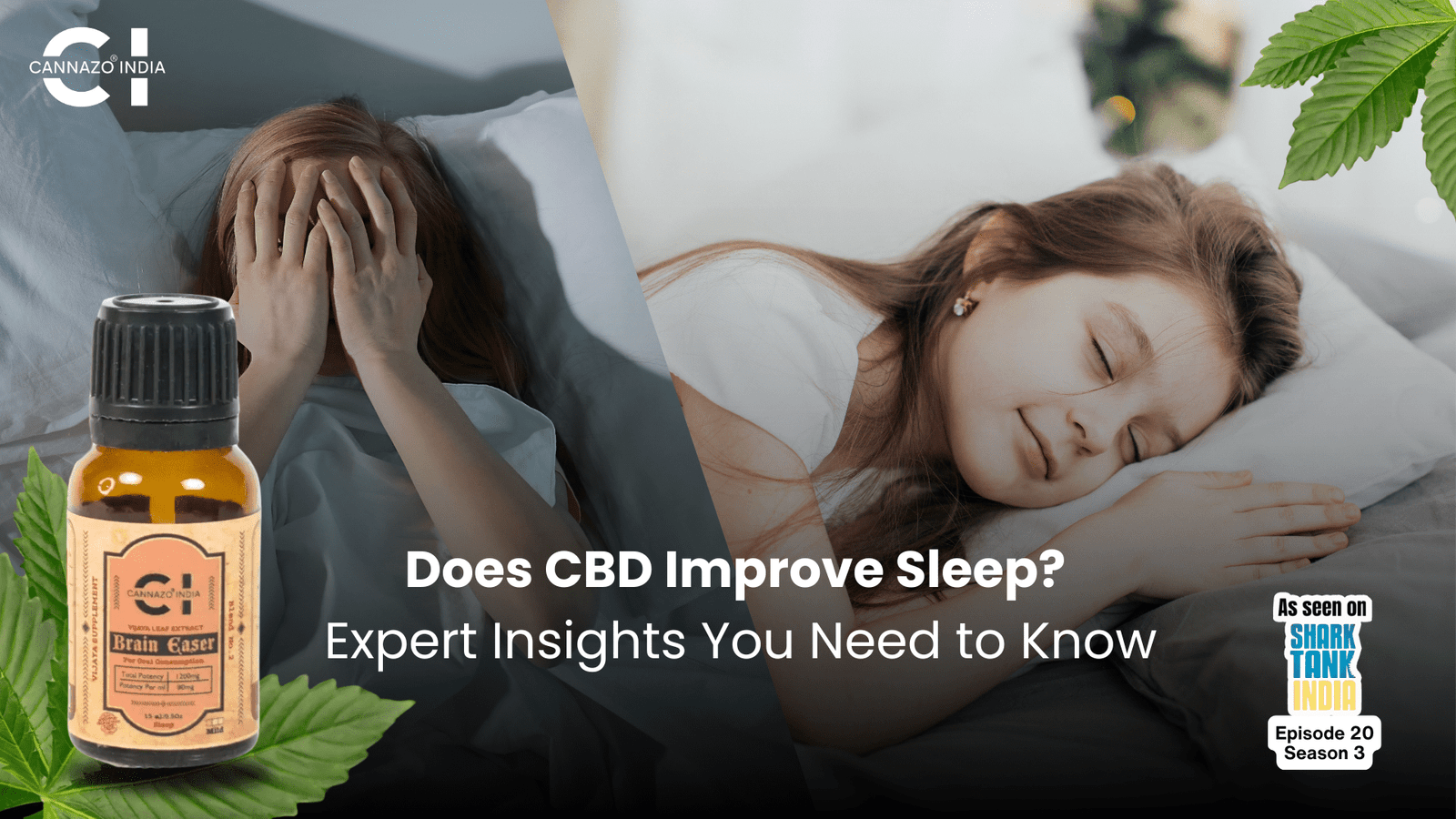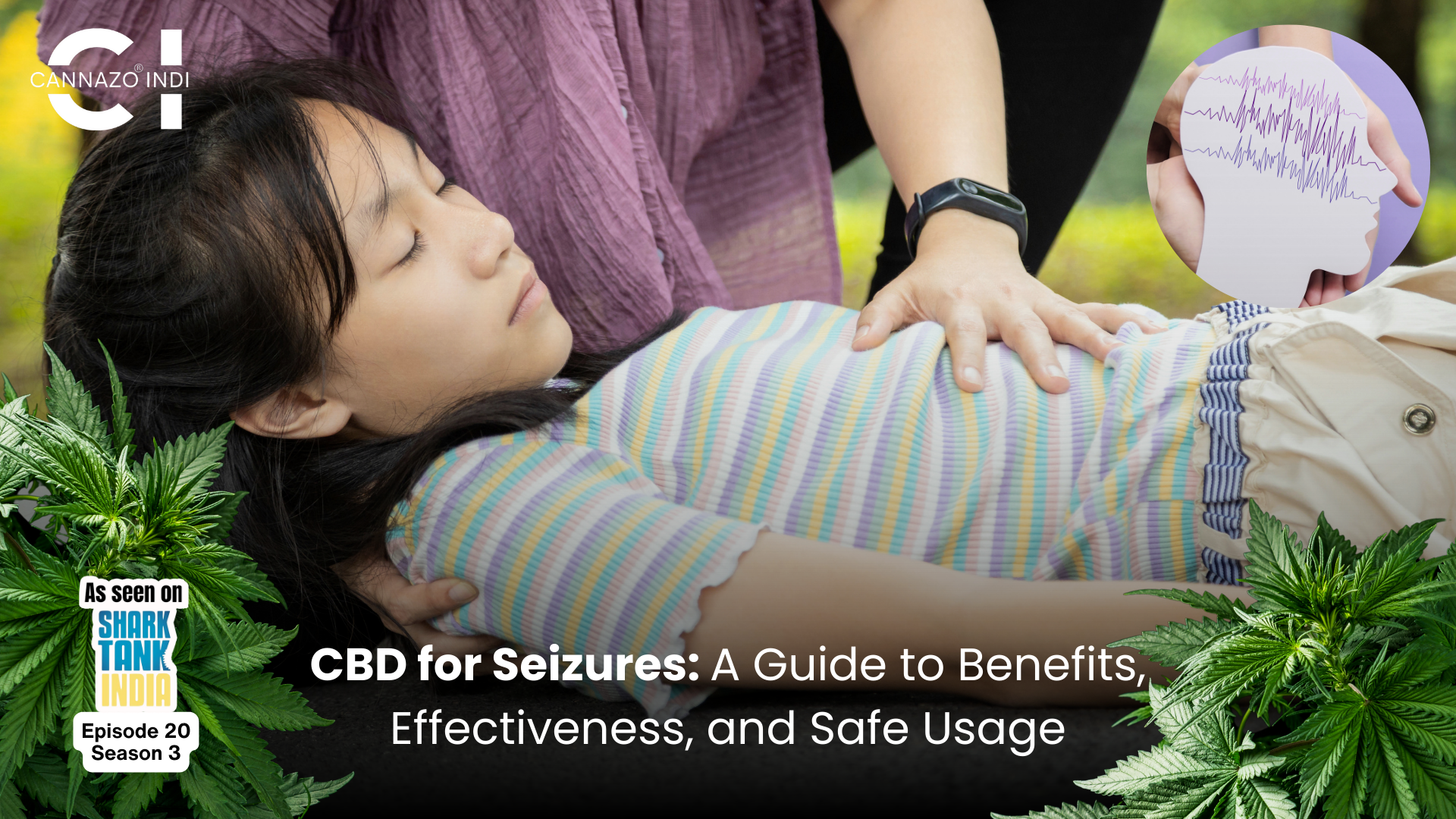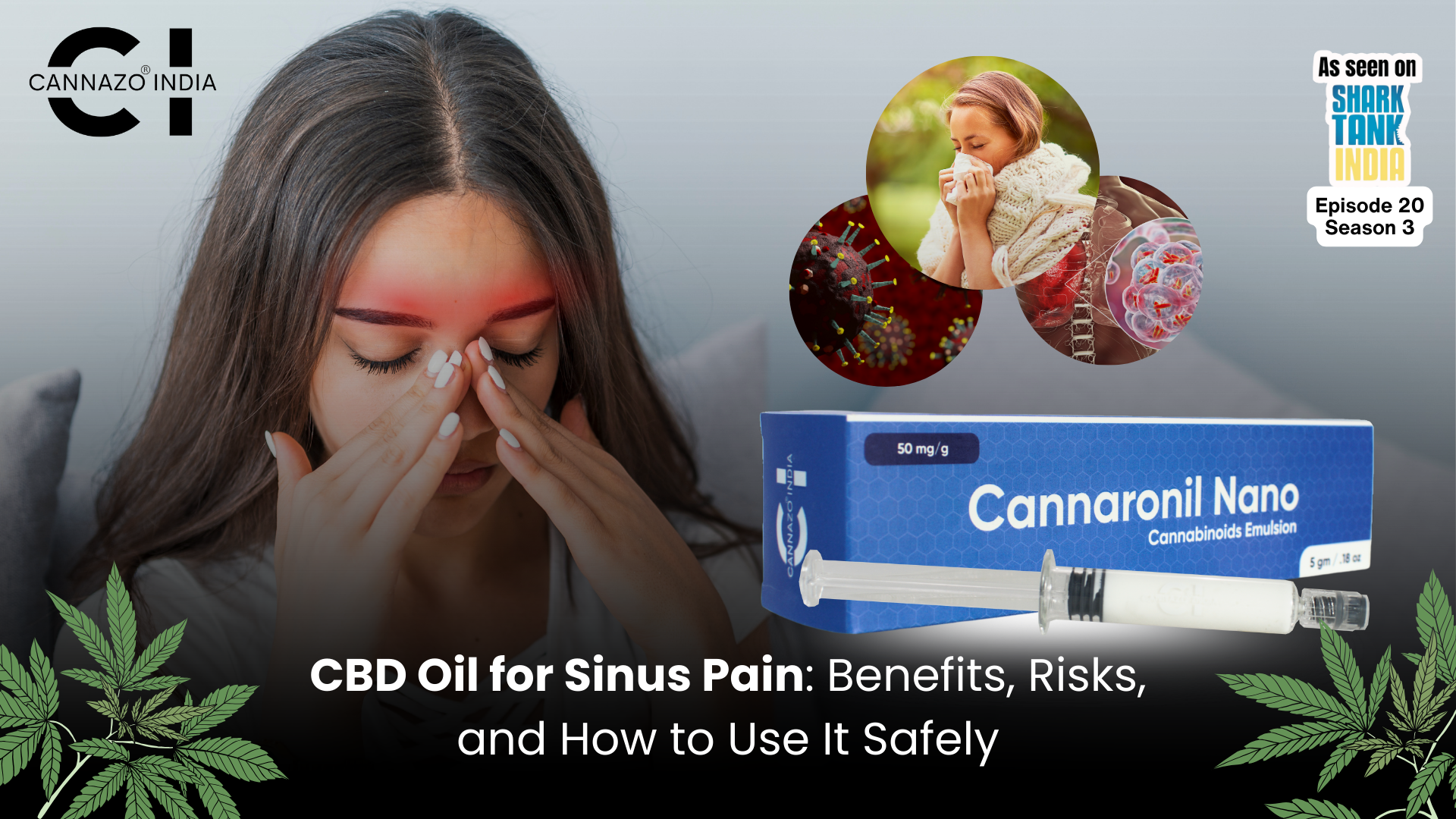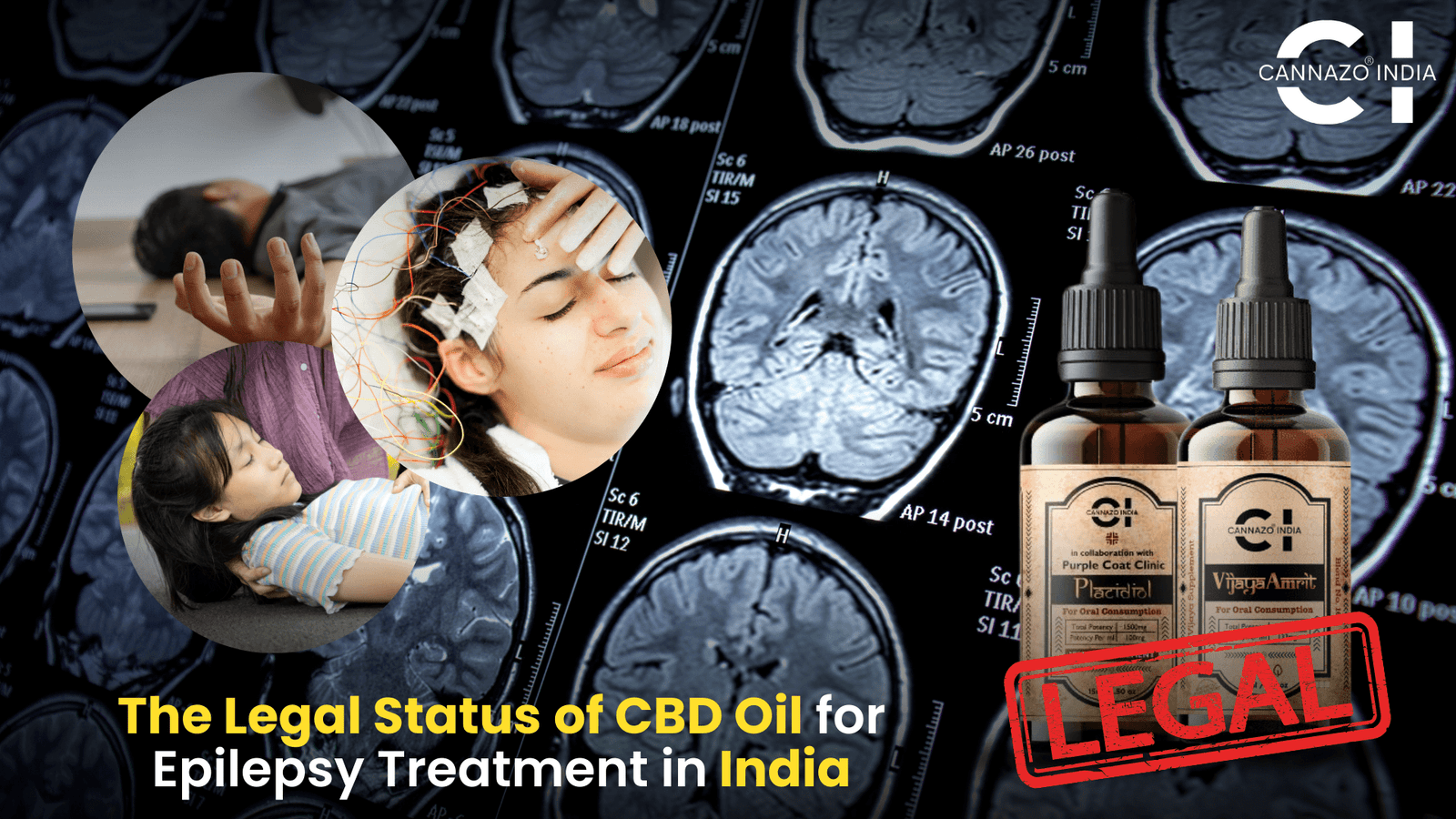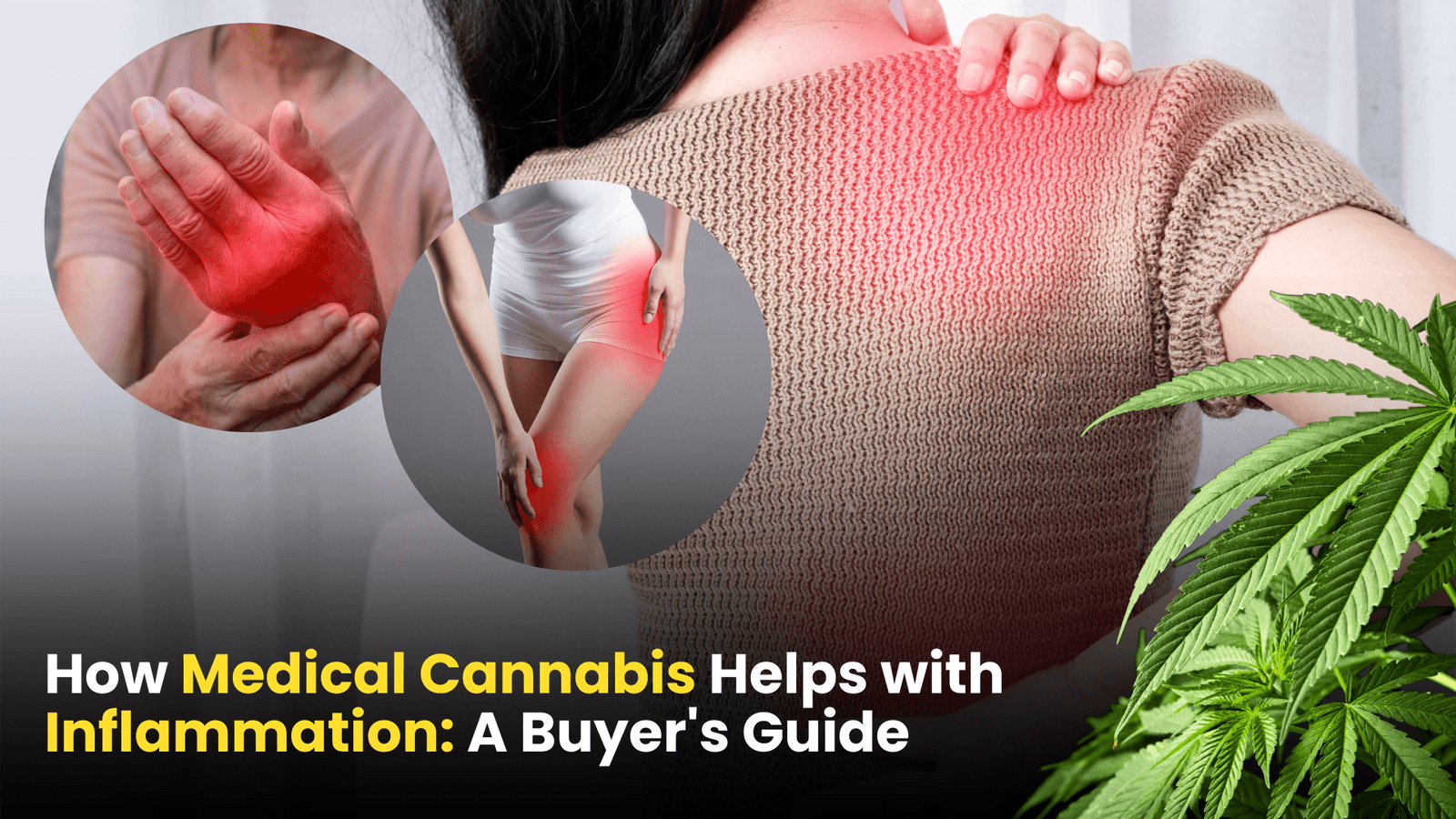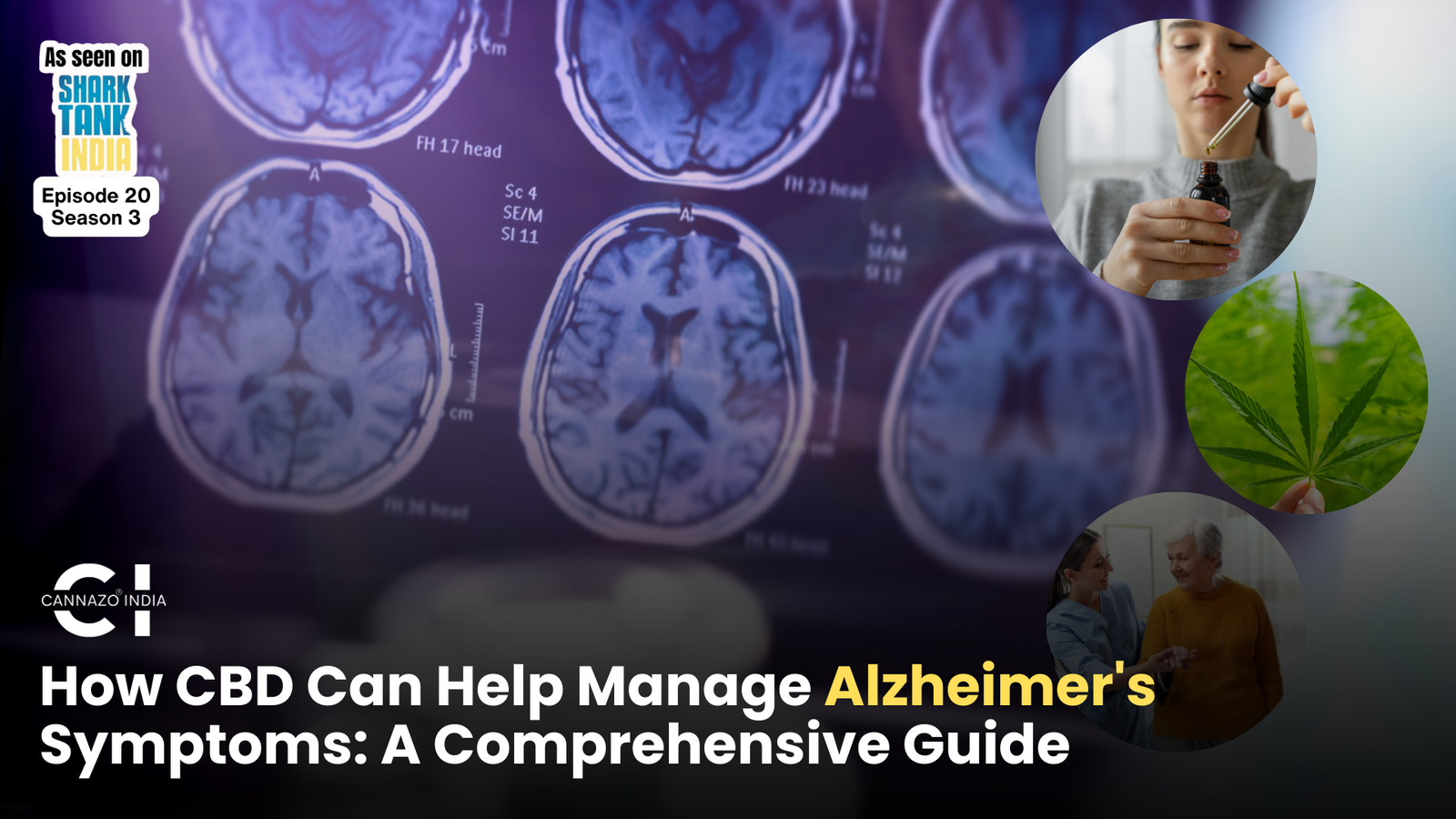Introduction
Panic attacks can be overwhelming, often leaving individuals feeling trapped in a cycle of anxiety and fear. As more people seek effective solutions, cannabidiol (CBD) has emerged as a popular option. Derived from the hemp plant, CBD is known for its potential calming effects and ability to reduce anxiety without the psychoactive properties associated with THC. This introduction explores how CBD may serve as a natural remedy for panic attacks, examining its benefits, mechanisms of action, and the growing interest in its use among those seeking relief.
Understanding Panic Attacks
Panic attacks are sudden episodes of intense fear or discomfort that peak within minutes, often leading to physical and psychological symptoms. Common manifestations include a racing heart, shortness of breath, dizziness, sweating, trembling, and feelings of impending doom. These attacks can be triggered by stress, or specific phobias, or even occur unexpectedly, leading to significant distress and disruption in daily life.
Understanding the underlying mechanisms of panic attacks involves recognizing how the body’s fight-or-flight response can become exaggerated. This response is a natural reaction to perceived threats, but in some individuals, it can be activated without a clear trigger, resulting in the sudden onset of panic.
Additionally, panic attacks can lead to the development of panic disorder, where individuals begin to fear the attacks themselves, potentially leading to avoidance behaviours and agoraphobia. This cycle can severely impact one’s quality of life, making it crucial to explore effective treatment options, including both traditional therapies and emerging alternatives like CBD.
What is CBD?
Cannabidiol (CBD) is a naturally occurring compound found in the cannabis plant, specifically in hemp. Unlike its more famous counterpart, tetrahydrocannabinol (THC), CBD does not produce psychoactive effects, meaning it doesn’t cause a “high.”
CBD is often extracted from hemp and used in various forms, including oils, capsules, edibles, and topical creams. It has gained popularity for its potential therapeutic benefits, particularly in managing anxiety, pain, inflammation, and sleep disorders. Research suggests that CBD interacts with the body’s endocannabinoid system, which plays a role in regulating various physiological processes, including mood, stress response, and overall homeostasis.
As interest in CBD continues to grow, it’s important to note that while many users report positive effects, more research is needed to fully understand its mechanisms and long-term impacts.
How CBD Works in the Body
- CBD works in the body primarily through its interaction with the endocannabinoid system (ECS), a complex network of receptors, enzymes, and endocannabinoids that help regulate various physiological processes.
Receptor Interaction: CBD primarily interacts with two main types of receptors in the ECS: CB1 and CB2. CB1 receptors are mainly found in the brain and central nervous system, while CB2 receptors are located throughout the immune system and peripheral tissues. CBD does not bind directly to these receptors but modulates their activity, influencing how they respond to other cannabinoids and neurotransmitters.
- Serotonin Receptors: CBD may also affect serotonin receptors, particularly the 5-HT1A receptor, which is linked to mood regulation and anxiety. This interaction suggests that CBD could have potential antidepressant and anxiolytic effects.
- Anti-inflammatory Effects: CBD has been shown to have anti-inflammatory properties, which may help reduce symptoms associated with various conditions, including anxiety and chronic pain. By modulating immune response, CBD can help alleviate inflammation that might contribute to these issues.
- Neuroprotection: Some studies suggest that CBD may provide neuroprotective effects, potentially helping to protect brain cells from damage and promoting overall brain health.
- Anxiety Reduction: By influencing the ECS and serotonin systems, CBD may help reduce anxiety levels, making it a potential option for individuals experiencing panic attacks and generalized anxiety.
Benefits of CBD for Panic Attacks
- Reducing Anxiety Levels: CBD has been shown to have anxiolytic properties, meaning it can help lower anxiety levels. By interacting with the endocannabinoid system and serotonin receptors, CBD may help diminish the intensity and frequency of panic attacks, providing individuals with a greater sense of calm.
- Promoting Relaxation: Many users report that CBD helps promote relaxation and a sense of well-being. This calming effect can be particularly beneficial for those prone to panic attacks, as it may reduce the overall stress and tension that can trigger these episodes. By fostering a state of relaxation, CBD can help create a more stable emotional environment.
- Enhancing Emotional Regulation: CBD may aid in enhancing emotional regulation, which is crucial for individuals dealing with panic attacks. By supporting the body’s ability to manage stress and anxiety, CBD can help individuals respond more effectively to triggering situations, reducing the likelihood of panic responses. This can lead to improved coping strategies and a greater sense of control over emotional reactions. [6]
Dosage of CBD for Panic Attacks
Finding the right dosage of CBD for panic attacks and anxiety is crucial, and experts recommend starting with a low dose and gradually increasing it based on individual responses. While many clinical trials often focus on higher doses, there have been successful findings with specific amounts aimed at alleviating anxiety:
- For patients with social anxiety disorder (SAD) undergoing a public speaking simulation, a dosage of 600 milligrams was effective.
- Another trial indicated that 300 milligrams was beneficial for male participants in similar situations.
However, other studies suggest that lower doses can also yield positive results for anxiety relief:
- A range of 25 to 75 milligrams may be effective for generalized anxiety or sleep disturbances.
- For individuals with PTSD, doses between 33 to 49 milligrams daily, alongside standard psychiatric treatments, have shown promise.
One extensive study involving numerous participants reported successful outcomes with daily dosages ranging from 40 to 300 milligrams. This variability underscores that optimal CBD dosage can differ significantly based on individual symptoms and physiological factors.
Methods of Taking CBD
- Oils and Tinctures: CBD oils and tinctures are concentrated forms of CBD that are typically taken sublingually (under the tongue) for fast absorption. This method allows the CBD to enter the bloodstream quickly, providing relatively immediate effects. Users can adjust the dosage easily, making it a flexible option.
- Capsules and Edibles: CBD capsules and edibles, such as gummies or chocolates, offer a convenient and discreet way to consume CBD. These methods provide a pre-measured dose, which can be helpful for those new to CBD. However, they may take longer to take effect as they need to be digested first.
- Vaping and Topical Applications: Vaping involves inhaling CBD through a vape pen or device, which allows for rapid absorption into the bloodstream. This method can provide quick relief for anxiety and stress. Topical applications, such as creams and balms, are applied directly to the skin and are effective for localized relief, such as muscle tension or inflammation, but may not have significant effects on systemic anxiety.
Conclusion
CBD presents a promising option for individuals seeking relief from panic attacks and anxiety-related disorders. Its potential to reduce anxiety levels, promote relaxation, and enhance emotional regulation makes it an appealing alternative or complement to traditional treatments. While research continues to evolve, many users report positive experiences with CBD in managing their symptoms.
However, individuals need to approach CBD with mindfulness, starting with lower doses and adjusting based on personal response. Consulting with healthcare professionals can further ensure safe and effective use tailored to individual needs. As more studies emerge, CBD’s role in anxiety management will become clearer, potentially offering a valuable tool for those navigating panic attacks.
Reference
- Panic attacks and panic disorder – Symptoms and causes. (n.d.). Mayo Clinic. https://www.mayoclinic.org/diseases-conditions/panic-attacks/symptoms-causes/syc-20376021#:~:text=A%20panic%20attack%20is%20a%20sudden%20episode%20of,control%2C%20having%20a%20heart%20attack%20or%20even%20dying.
- Pahr, K. (2024l, July 27). Cannabidiol (CBD): What we know and what we don’t. Healthline. https://www.healthline.com/health/your-cbd-guide
- Lubiano, K. (2024, October 10). How CBD works in the body. Neurogan. https://neurogan.com/blogs/news/how-cbd-works-in-the-body
- Skelley, J. W., Deas, C. M., Curren, Z., & Ennis, J. (2020). Use of cannabidiol in anxiety and anxiety-related disorders. Journal of the American Pharmacists Association : JAPhA, 60(1), 253–261. https://doi.org/10.1016/j.japh.2019.11.008
- Shannon, S., Lewis, N., Lee, H., & Hughes, S. (2019). Cannabidiol in Anxiety and Sleep: A Large Case Series. The Permanente journal, 23, 18–041. https://doi.org/10.7812/TPP/18-041
- Lee, J. L. C., Bertoglio, L. J., Guimarães, F. S., & Stevenson, C. W. (2017). Cannabidiol regulation of emotion and emotional memory processing: relevance for treating anxiety-related and substance abuse disorders. British journal of pharmacology, 174(19), 3242–3256. https://doi.org/10.1111/bph.13724
- Silva, L. (2023, September 20). How to use CBD for anxiety: uses, dosage and side effects. Forbes Health. https://www.forbes.com/health/cbd/cbd-for-anxiety/
- Sims, R. (2022, May 29). 7 Different Ways to Take CBD – Which Method is the Most Effective? The CBD Guru | Building Healthier Lifestyles With CBD. https://www.thecbdguru.com/blog/7-ways-to-take-cbd/





